The Interview
Conversations with people shaping our world, from all around the globe. Listen to The Interview for the best conversations from the BBC, the world's most trusted international news provider. We hear from titans of business, politics, finance, sport and culture. Global leaders, decision-makers and cultural icons. Politicians, activists and CEOs. Each interview is around 20-minutes, packed full of insight and analysis, covering some of the biggest issues of our time. How does it work? Well, at the BBC, our journalists interview amazing people every single day. And on The Interview, we bring them to you. It’s your one-stop-shop to th...
Conductor Gustavo Dudamel: Music has the power to unite
Music has the power to unite
Mark Savage speaks to Venezuelan conductor Gustavo Dudamel about his life and career. Born in the city of Barquisimeto, he’s famous for conducting orchestras all over the world, as well as film credits that include conducting the opening and end titles for Star Wars: the Force Awakens.
With a unique ability to communicate joy and his passion for music to mass audiences, Dudamel has become a rare pop culture icon from the world of classical music - affording him mainstream appeal. He’s currently in London, performing concerts alon...
Pete Townshend from The Who: Farewell tour doesn’t mean the end
John Wilson speaks to Pete Townshend, songwriter and guitarist of British rock band The Who about the band’s farewell tour of the US.
Through his powerful stage presence and pioneering use of technology, Townshend transformed The Who from a hobby wedding band to one of the biggest and loudest outfits of the 1960s and 1970s.
His artistic approach created tension with singer Roger Daltrey, the band’s only other surviving member. Sixty years after first coming together, the pair completed their farewell tour of Italy earlier this year and are currently saying goodbye to Amer...
Eliot Higgins: Algorithms don’t drive the truth
Algorithms don’t drive the truth
Amol Rajan speaks to Eliot Higgins, founder of the open-source investigative organisation Bellingcat, as the world grapples with the growing threat posed by misinformation and conspiracy theories being deliberately spread online. Founded in 2014, Bellingcat is an independent investigative collective of researchers, investigators and citizen journalists from around the world.
The organisation uses open-source research methods, which involve analysing publicly-available data that can be accessed and used without any special permissions or restrictions.
It has investigated a variety of subjects of public interest, including the shooting down of fl...
Giuseppe Lavazza: Coffee is a big responsibility
Coffee is a big responsibility
Julia Caesar speaks to Giuseppe Lavazza, chairman of coffee giant Lavazza, about the multiple challenges facing the industry today. Many people around the world say they can’t function without their morning cup of coffee. In fact, global coffee consumption has been steadily rising with around two billion cups of coffee consumed every day. This growth is driven by rising demand in emerging markets like China and India, as well as the popularity of specialty and cold coffee beverages.
However, the industry itself is facing major challenges, including an increase in...
Captain Jim Lovell, Apollo 13 commander.
Captain Jim Lovell, commander of the doomed Apollo 13 space mission to the Moon. Jim, who died this month at the age of 97, tells how he helped guide his stricken craft safely back to Earth after it suffered a near catastrophic explosion in an interview first broadcast in April 2020 on the BBC series 13 Minutes to the Moon. He talks to Kevin Fong about the doomed Nasa mission, from the shocking moment of the explosion to the enormous relief of splashdown. Lovell shares the story of the lunar landmark he named in honour of his wife. And he reflects on survival...
Ajay Banga: world must focus on creating jobs
World must focus on creating jobs
Rahul Tandon speaks to Ajay Banga, President of the World Bank.
Born in India in 1959, Mr. Banga’s career in business began in the early-1980s, when he started out as a management trainee with the food multinational Nestlé. He then made the move into finance over a decade later, when he joined the Citigroup bank. He quickly rose through the ranks to become the Chief Executive of the bank’s Asia-Pacific business, before then moving onto Mastercard, where he eventually became CEO.
During this time, Mr. Banga...
Pieter Engelbrecht, CEO of Shoprite Holdings: we have a purpose to help people survive
Pieter Engelbrecht, CEO of South Africa’s largest supermarket group Shoprite Holdings, is interviewed by Jewel Kiriungi, BBC Africa Business Correspondent. His company employs 163,000 people, the largest in the country’s private sector, with three thousand stores across nine African countries. Pieter Engelbrecht describes to Jewel how he believes the company helps people on low incomes by producing food at prices they can afford, in a country where a quarter of all South Africa children don’t eat enough protein. He says they have a purpose to help people survive. He talks about the success of the company’s loyalty card...
John Denton: Uncertainty is harming business
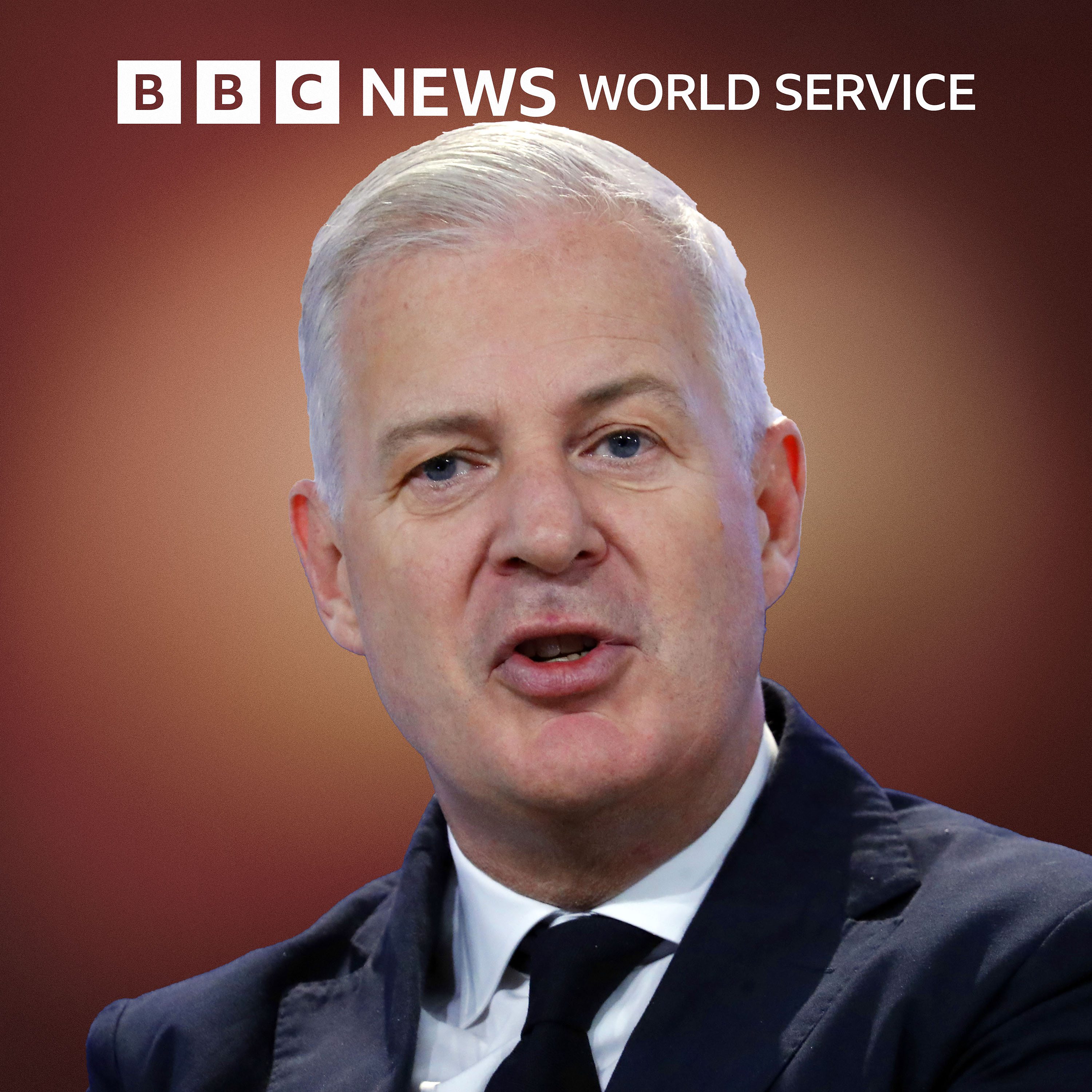
Suranjana Tewari speaks to John Denton, Secretary-General of the International Chamber of Commerce (ICC), about the impact of global tariffs. Based in Paris, the ICC represents 45 million businesses, large and small, from across 170 different countries. These businesses were amongst the first to feel the effects of Trump’s tariffs, which have been implemented for various reasons by the US President. Mr. Denton believes that the uncertainty is hurting businesses who worry about making a decision today, only for the rules to be changed tomorrow.
Mr. Denton also reveals how new markets that are forming away from the US...
Petr Pavel: “Russia cannot stand economic pressure”
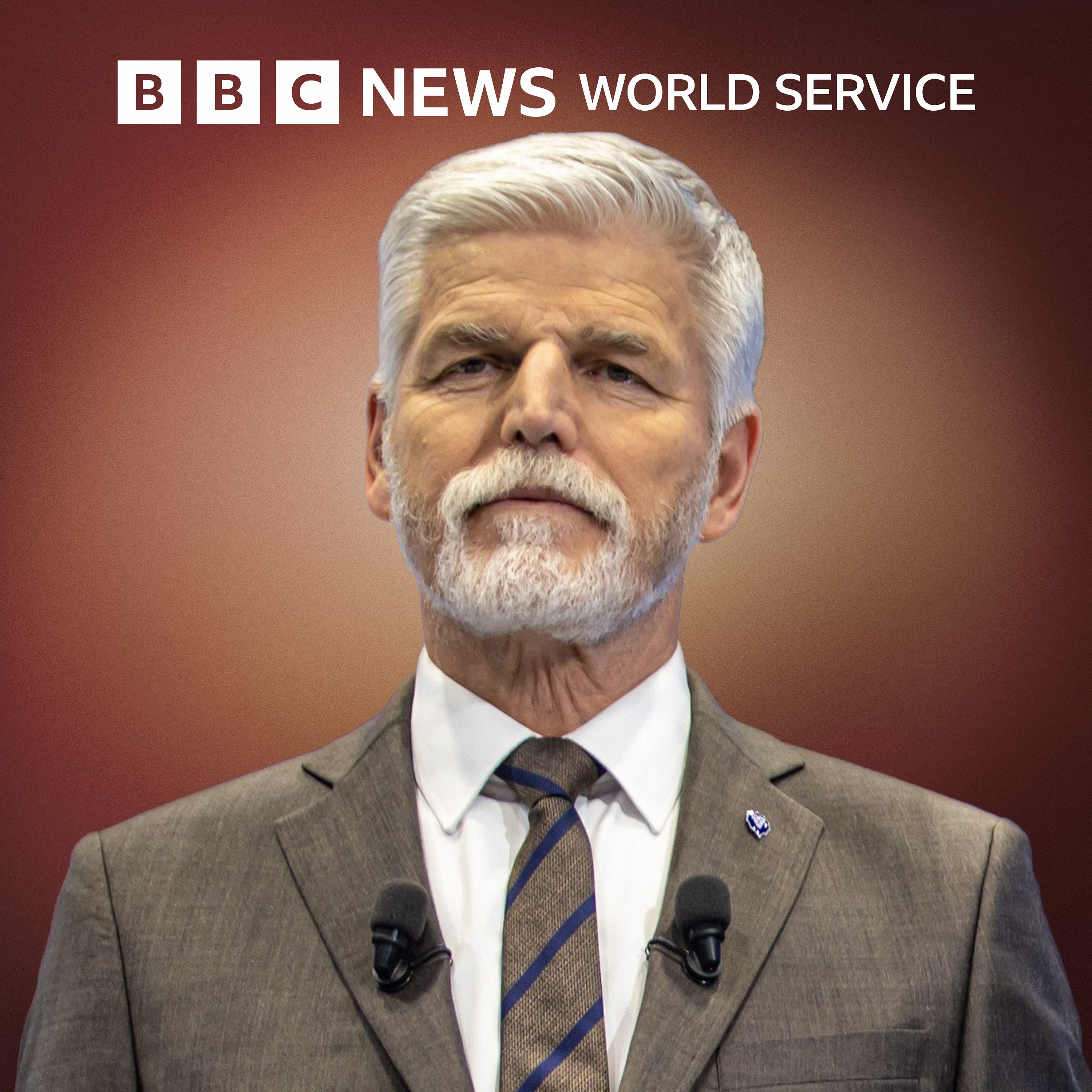
“Russia cannot stand economic pressure”
Maria Jevstafjeva speaks to Czech President, Petr Pavel about ending the war between Ukraine and Russia. Mr. Pavel was elected to the role in 2023, having retired from a military career that began with serving in the military of communist Czechoslovakia during the Cold War in the 1980s and ended three decades later after chairing NATO’s Military Committee.
The first military officer from the former Eastern Bloc to hold the post, he oversaw the Alliance's responses to a number of crises - including the fallout from Russia’s 2014 annexation of the Crim...
Former US Secretary of State John Kerry: We face a special challenge in America
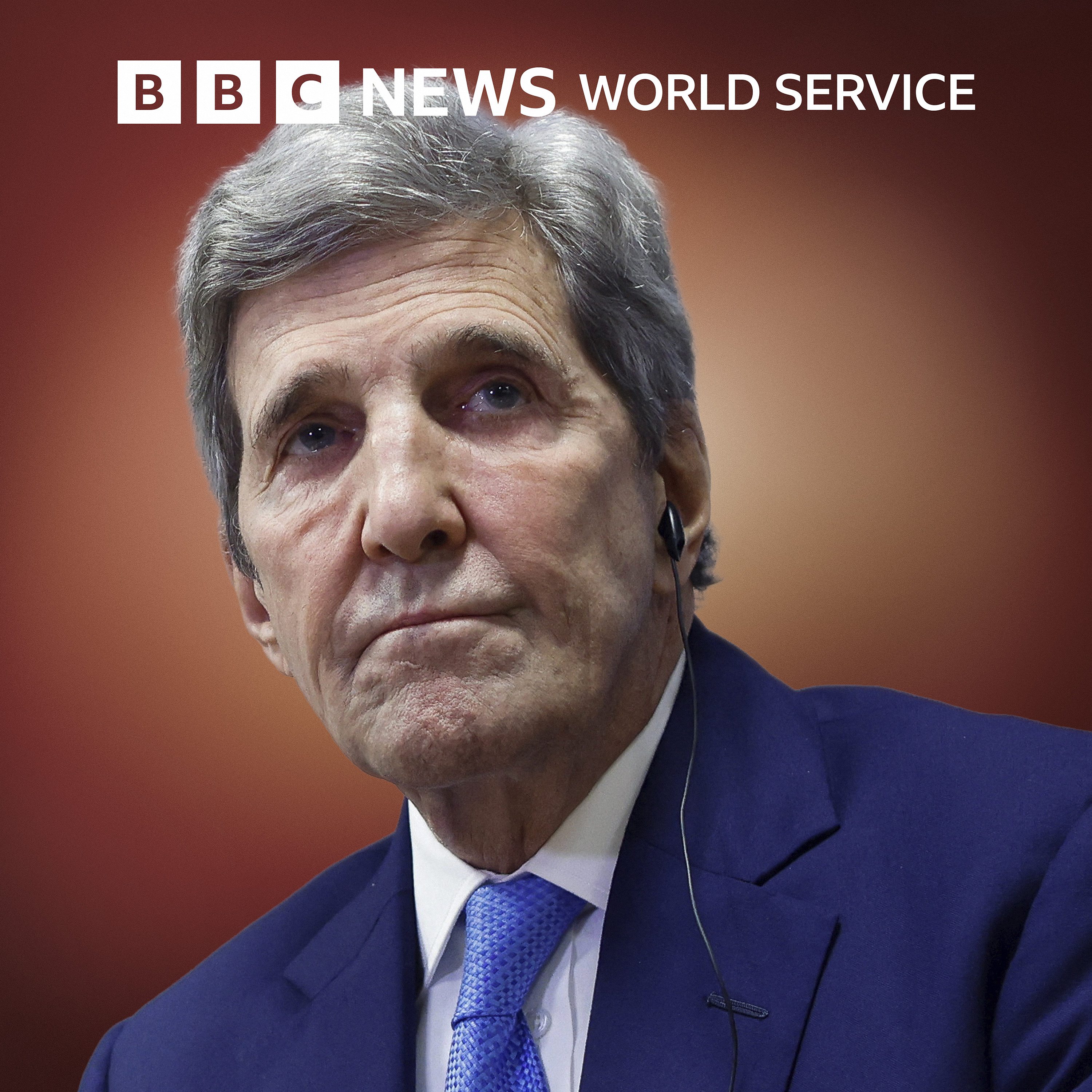
We face a special challenge in America.
James Naughtie speaks to veteran US politician John Kerry about the state of American politics and his long career at the top of global affairs.
As well as standing for president himself as the Democratic candidate in 2004, he served as Secretary of State in the Obama administration and as Joe Biden’s climate envoy.
Secretary Kerry was at the centre of some of the most significant global crises in recent history from Iraq to Iran and Syria. He still believes America’s greatest foreign policy mistake was...
Sergei Tikhanovsky: Belarus will be free
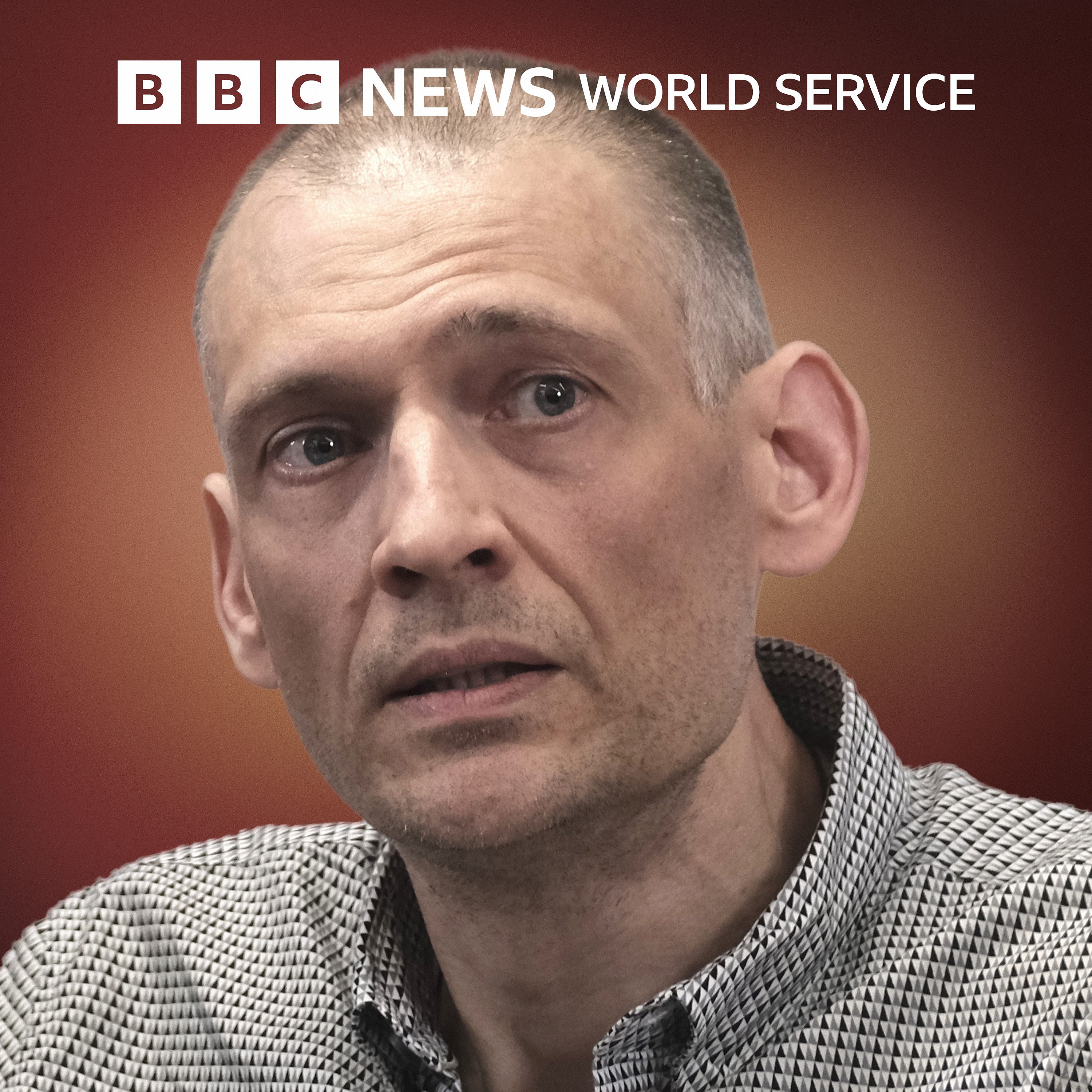
Sarah Rainsford speaks to Belarussian opposition activist Sergei Tikhanovsky about his imprisonment after challenging the country’s authoritarian leader, President Lukashenko. He spent five years of solitary confinement in a high security prison in Belarus before being unexpectedly released this year, following a meeting between Lukashenko and an American special envoy.
Tikhanovsky had planned to run against the Belarussian leader in the 2020 presidential election, but was detained before the vote.
A year later, he was sentenced to serve 18 years in prison, convicted on charges of organising mass protests against President Lukashenko. His trial was condemned as...
Bishop Guli Francis-Dehqani: “we were outsiders”
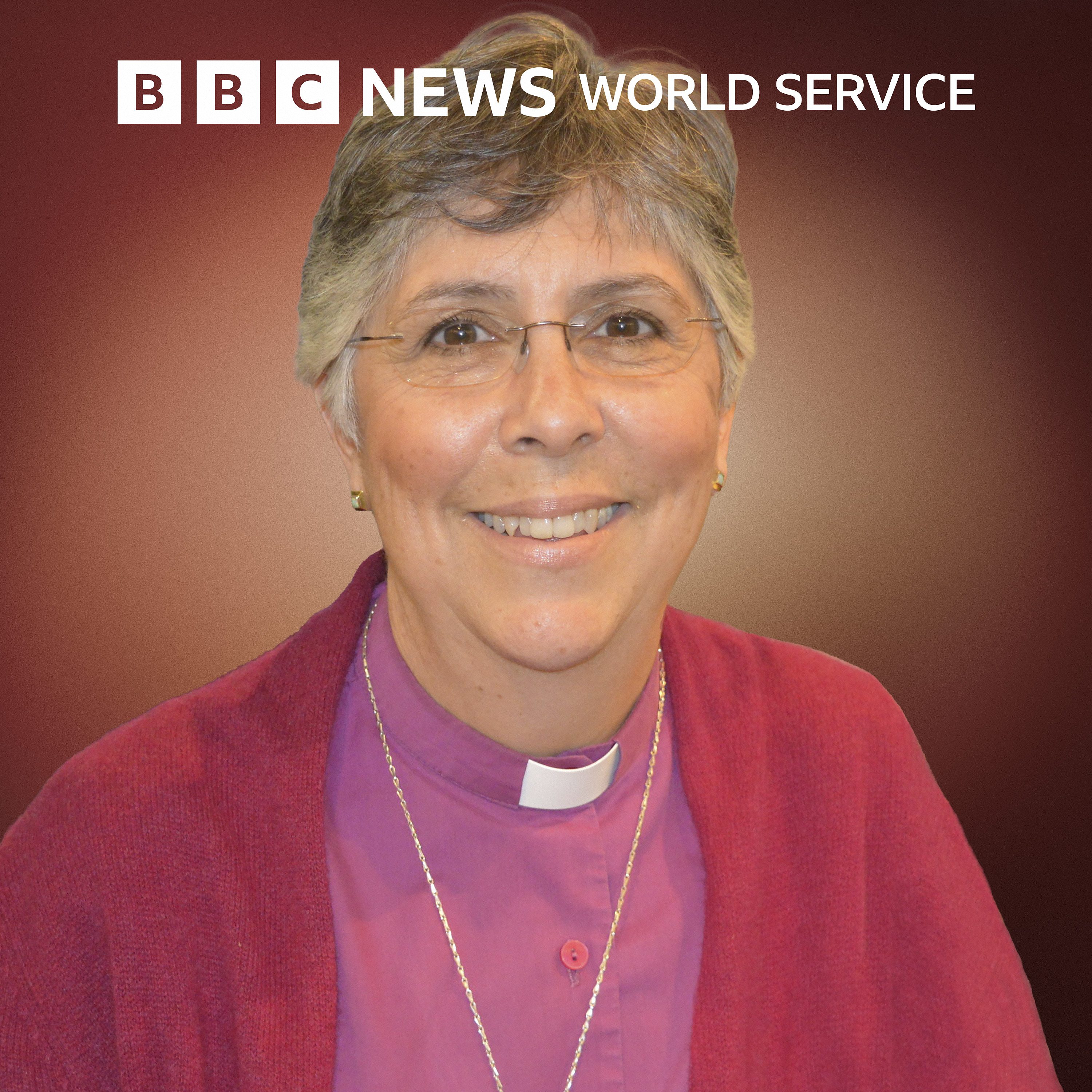
“We were outsiders”
Edward Stourton, presenter of BBC Radio 4’s Sunday programme, speaks to Bishop Guli Francis-Dehqani about her Persian identity and her faith. Bishop Guli is currently the Bishop of Chelmsford, a city in England, but it’s also being reported that she’s one of the leading candidates to become the next Archbishop of Canterbury - the most senior bishop in the Church of England.
Although she is keen not to add to any media speculation, if selected, Bishop Guli would be a remarkable choice. Not only would she be the first woman to hold th...
Friedrich Merz: Europe was free-riding on US
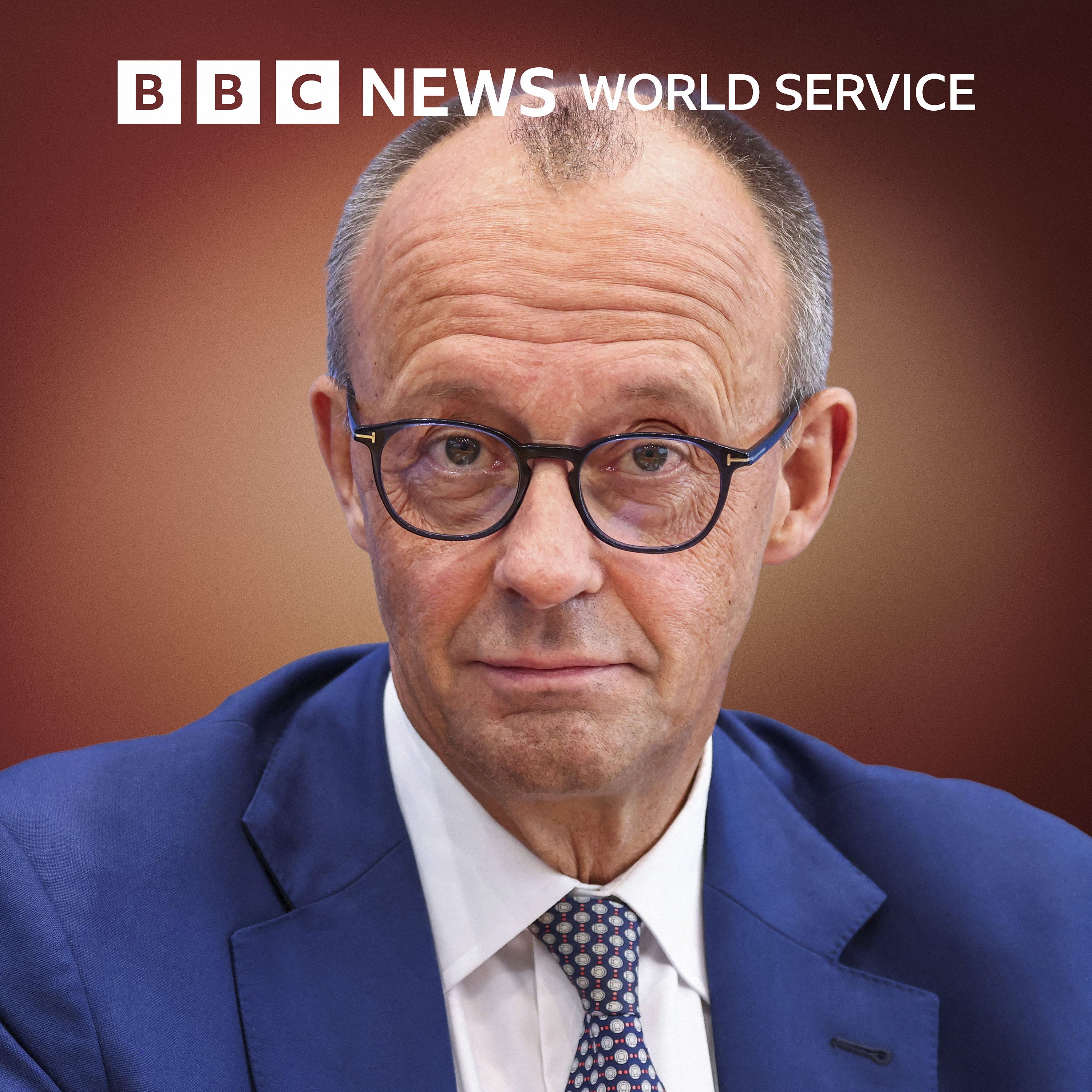
Europe was free-riding on US
Nick Robinson speaks to Friedrich Merz, the new German Chancellor, about the future of Europe’s defence amid the growing threat posed by Russia. Merz, the leader of the centre-right Christian Democrat party, was elected as Chancellor earlier this year at the second attempt, following chaotic scenes in the German Bundestag that saw him lose the first parliamentary vote. He’s been in the UK to sign the first-ever friendship treaty between the two countries - it’s a wide-ranging agreement covering everything from migration to energy, and business to defence.
Unli...
President Trump: I’m disappointed with Putin
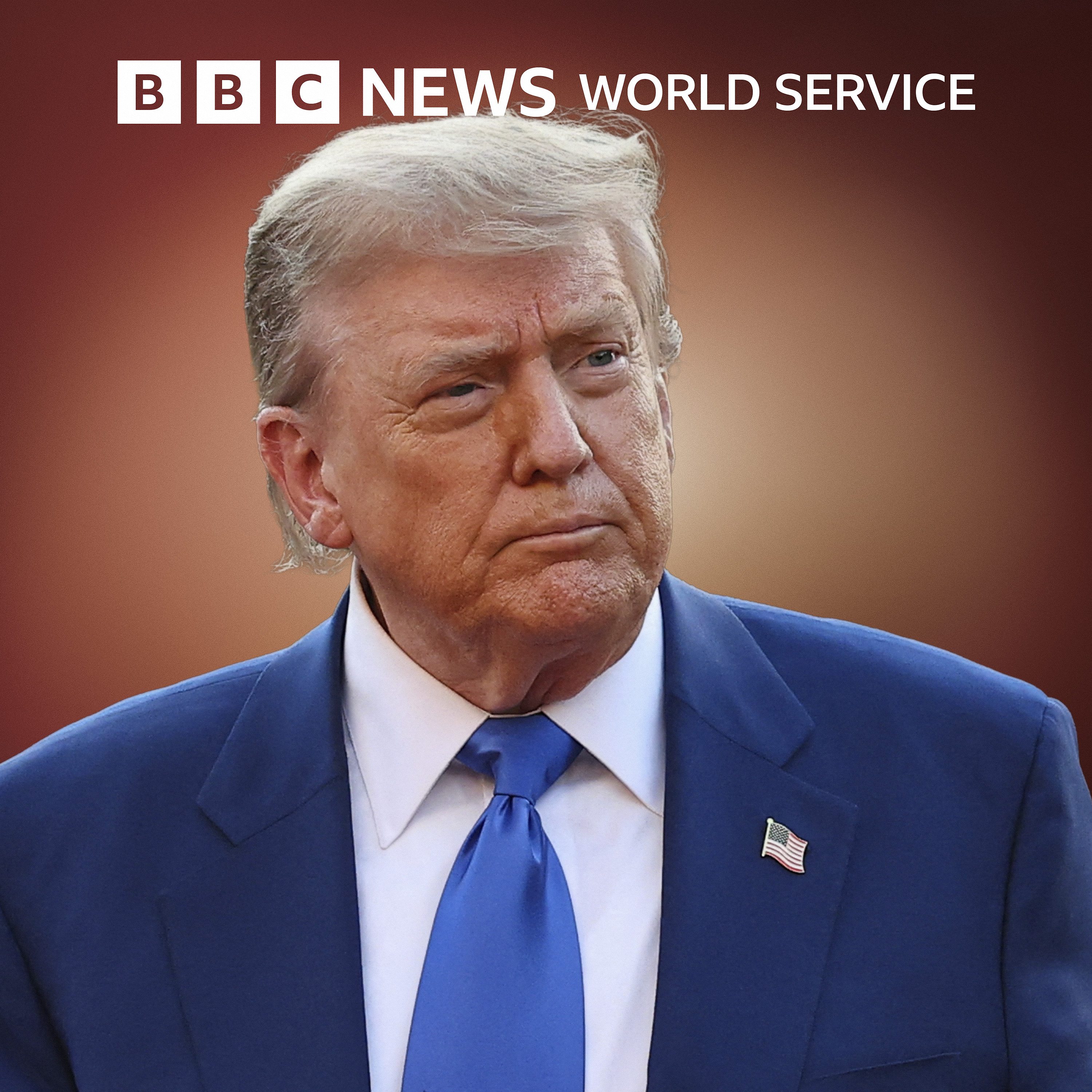
“I'm just disappointed in him, but I'm not done with him”
The BBC’s Chief North America Correspondent, Gary O’Donoghue, speaks to US President Donald Trump in a wide-ranging telephone interview from the Oval Office. The call with the president came just hours after he announced plans to send weapons to Ukraine and warned of severe tariffs on Russia if there was no ceasefire deal within 50 days. Mr. Trump, who celebrated his 79th birthday last month, was inaugurated for a second term in the White House at the start of this year. It’s safe to say that t...
Catherine Corless, Irish historian: I’m going to be a voice for these children
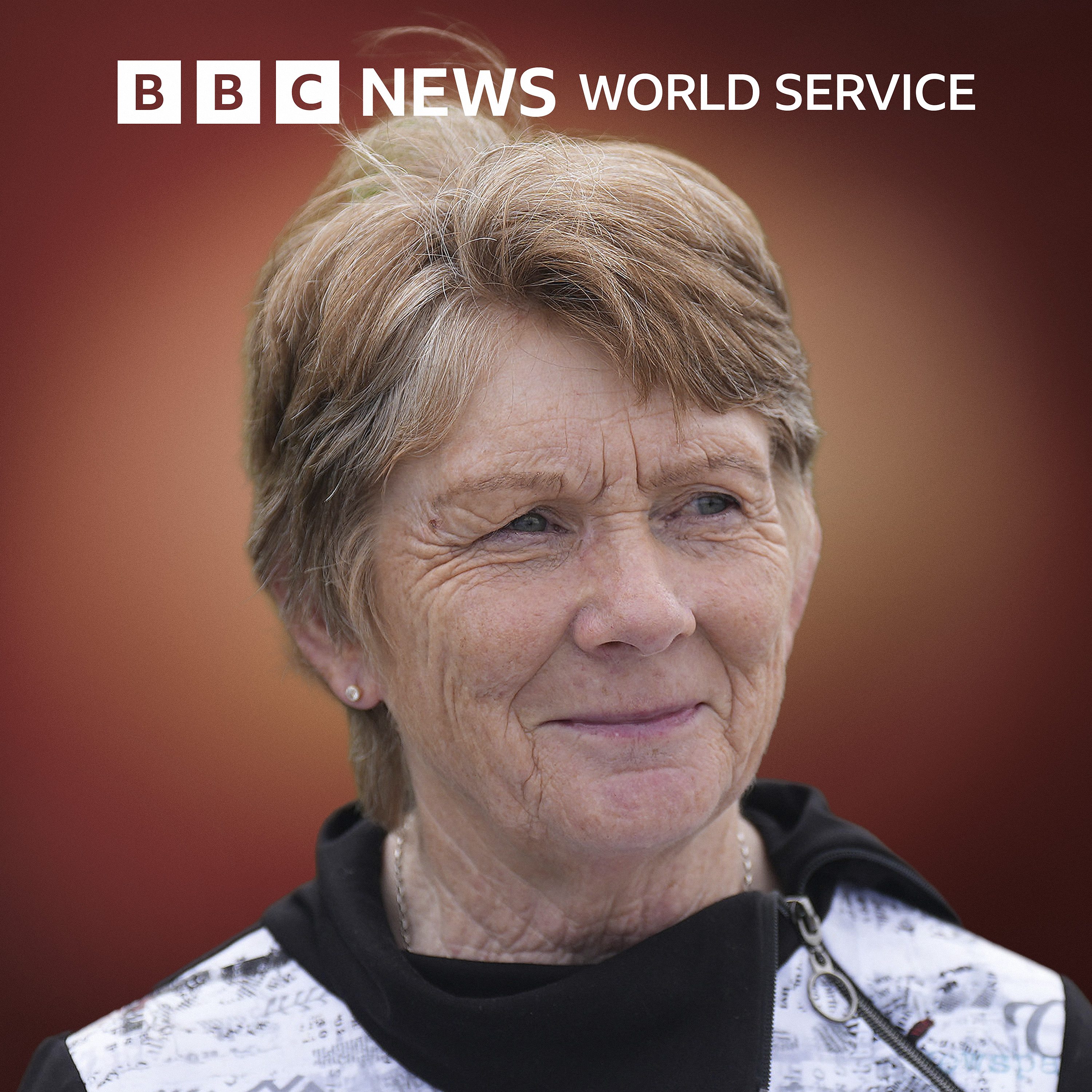
I’m going to be a voice for these children
Chris Page, the BBC’s Ireland correspondent speaks to the Irish historian Catherine Corless, who has changed history in her own country.
When she began to research a long-closed mother and baby home near where she lived, she encountered local resistance. But her dogged investigation led to the discovery that hundreds of babies and young children were buried in mass, unmarked graves inside a disused sewage tank at the site in Tuam, Ireland.
Her work led to the discovery of the scandal of Irel...
Released Israeli hostage Keith Siegel: I pray for peace
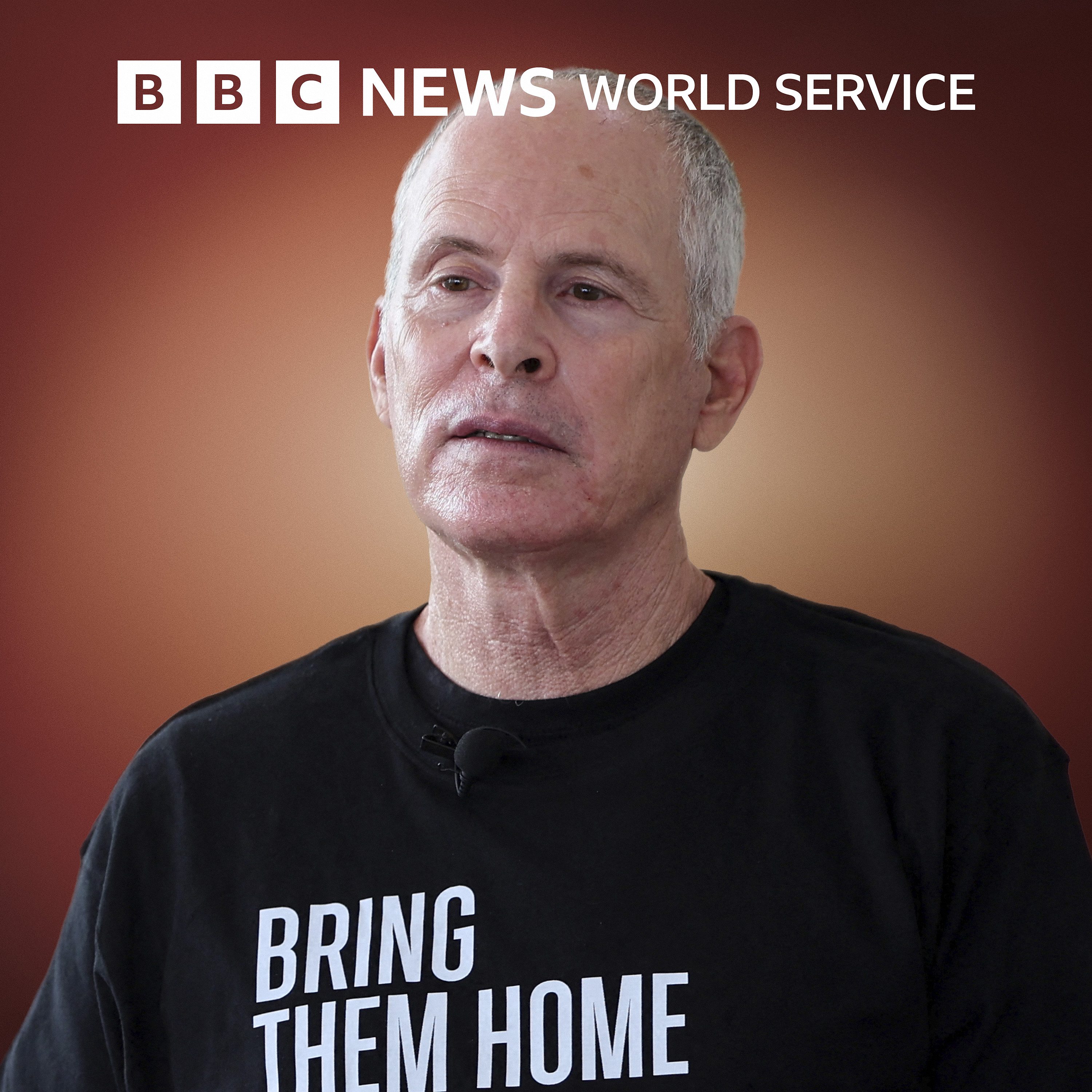
I pray for peace. Nick Beake speaks to released Israeli hostage Keith Siegel about his experience of captivity in Gaza, of the suffering he says he witnessed at the hands of Hamas and the moment he was released. Mr. Siegel, an American-Israeli, was captured by Hamas fighters in the October 2023 attack that marked the start of the conflict in Gaza. He was one of 251 hostages taken that day, in an assault that killed around 1,200 other people who were mainly civilians. Mr Siegel was released in February after nearly 500 days. His mother passed away while he was still in captivity. ...
Sir Keir Starmer, UK Prime Minister: The UK needs strong international relationships
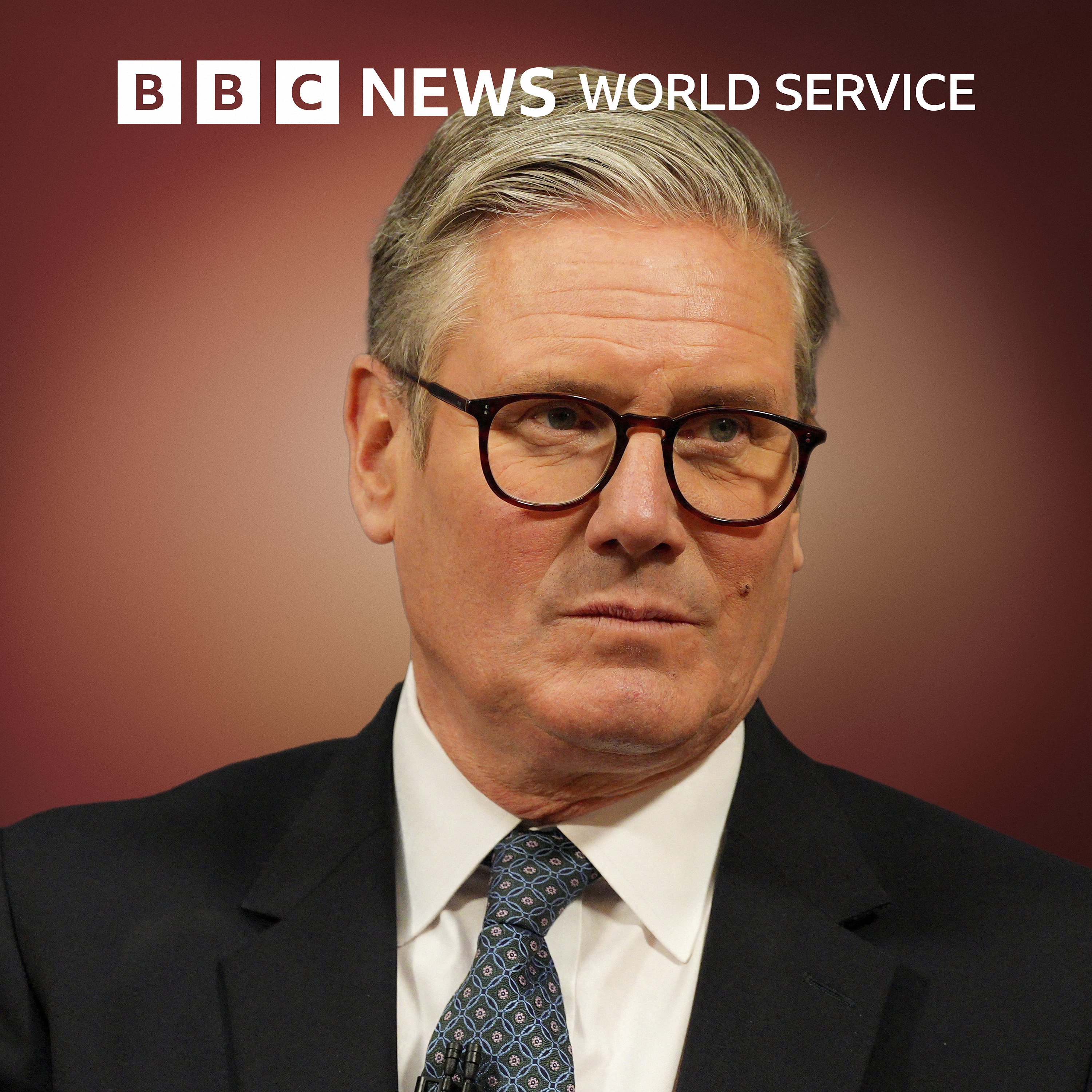
The UK needs strong international relationships
Nick Robinson, presenter of the BBC Today programme and Political Thinking podcast, speaks to Sir Keir Starmer, UK Prime Minister, about the importance of maintaining strong international relationships.
In an interview recorded to mark Sir Keir’s first year in office, he defends the time he’s spent developing alliances with other world leaders. His critics claim he’s neglected domestic politics, and point to a series of policy u-turns. But Sir Keir tells Nick Robinson that building these relationships is essential to protect the UK’s national interest, particul...
Majid Takht-Ravanchi, Iran’s deputy foreign minister: regime change is a futile exercise
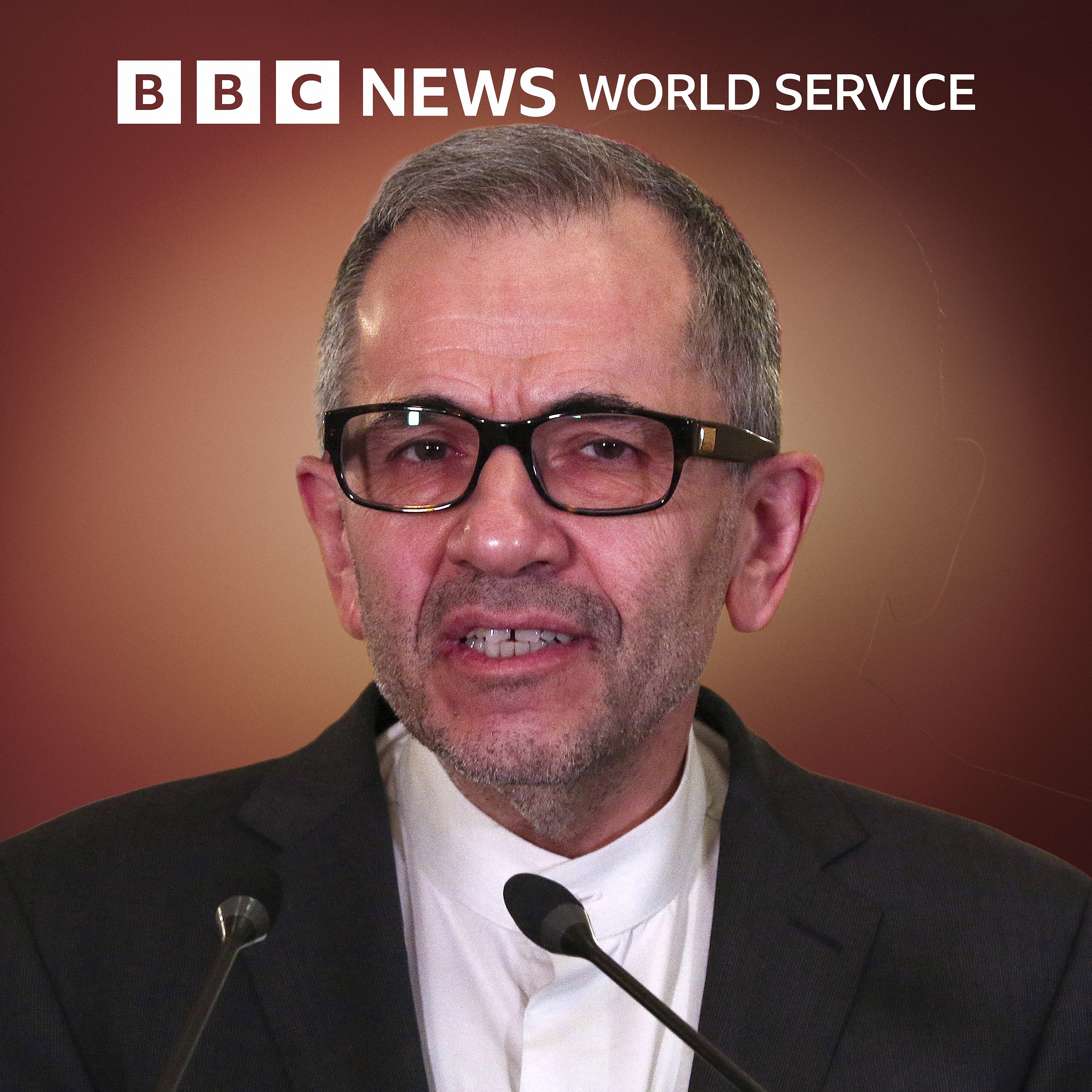
‘Regime change is a futile exercise’
Lyse Doucet speaks to Majid Takht-Ravanchi, Iran’s deputy foreign minister, about the future of Iran’s nuclear programme and its government. The interview took place in the country’s capital Tehran after Iran’s twelve-day war with Israel.
Both sides fired missiles into each other’s territories, with hundreds killed as military sites were destroyed and civilian infrastructure badly damaged.
Israel first attacked Iran on the 13th of June, claiming Iran was close to building a nuclear weapon. The conflict ended when the United States bombed three of Iran’...
Philippe Kehren, CEO of multinational Solvay: reducing reliance on China’s rare earth metals
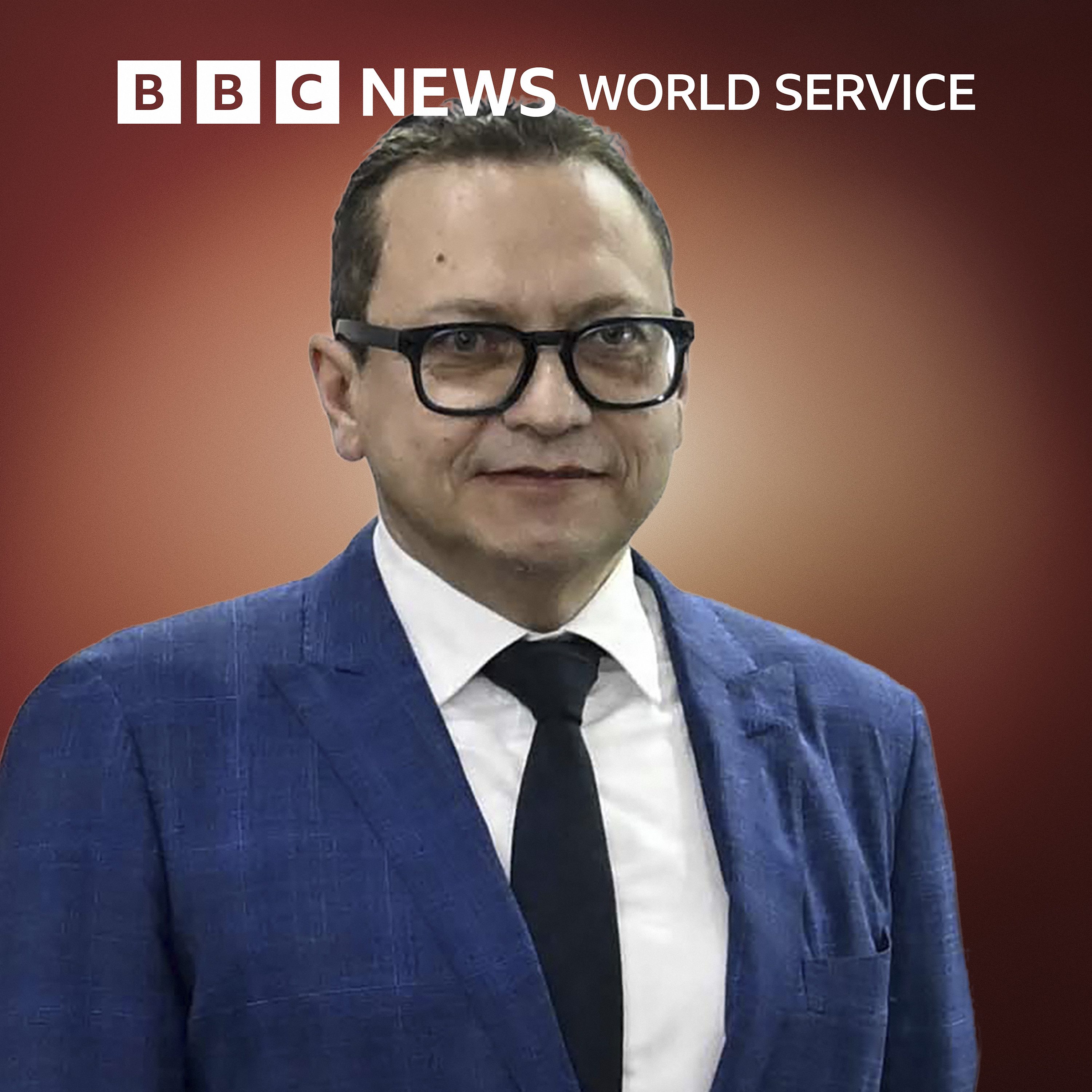
Reducing reliance on China’s rare earth metals
Jonathan Josephs speaks to Philippe Kehren, CEO of chemical multinational company Solvay. His firm sits at the forefront of Europe’s efforts to diversify its supply of rare earth metals. These elements are essential to much of modern technology, from mobile phones to medical equipment, car batteries and renewable energy.
Currently their supply is heavily dependent on China, which mines around 70% of all rare earth metals, and refines around 90%. Solvay aims to play a significant role in reducing this dependence, by increasing European capacity to mine and refi...
Andrius Kubilius, EU Commissioner for Defence and Space: a new era of defence readiness
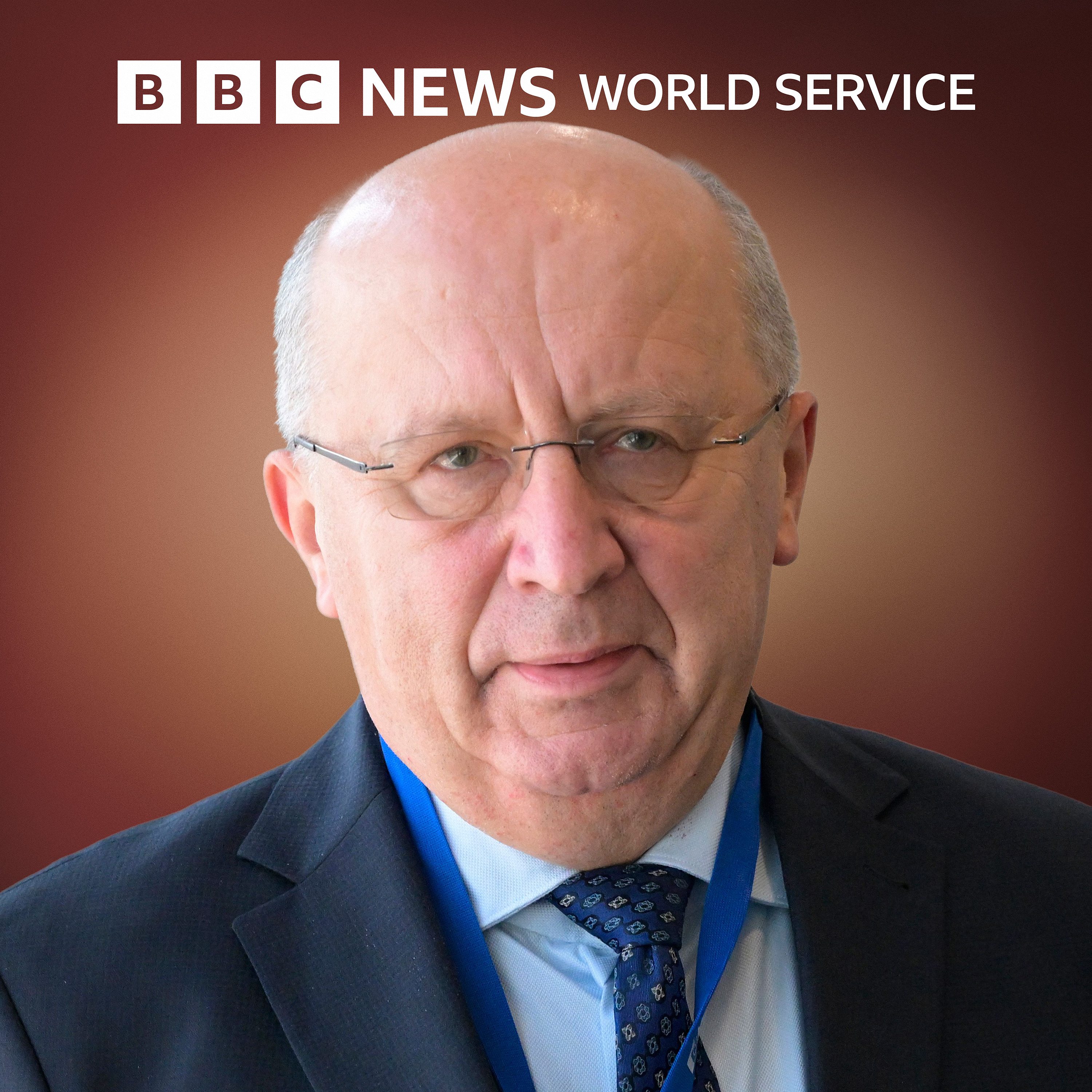
A new era of defence readiness.
James Copnall, presenter of the BBC’s Newsday speaks to Andrius Kubilius, EU Commissioner for Defence and Space, about the need for Europe to be able to defend itself.
In an interview recorded before the Nato summit on 24/25 June 2025, Mr Kubilius, a former Prime Minister of Lithuania, says peace in Europe cannot be taken for granted and that Europe can no longer rely on American military backing. Therefore, defence readiness must be a priority, meaning increased spending commitments from Nato members, and a unified, quick and clear approach across Eu...
Martina Navratilova: 'Women are still judged by a different metric than men'
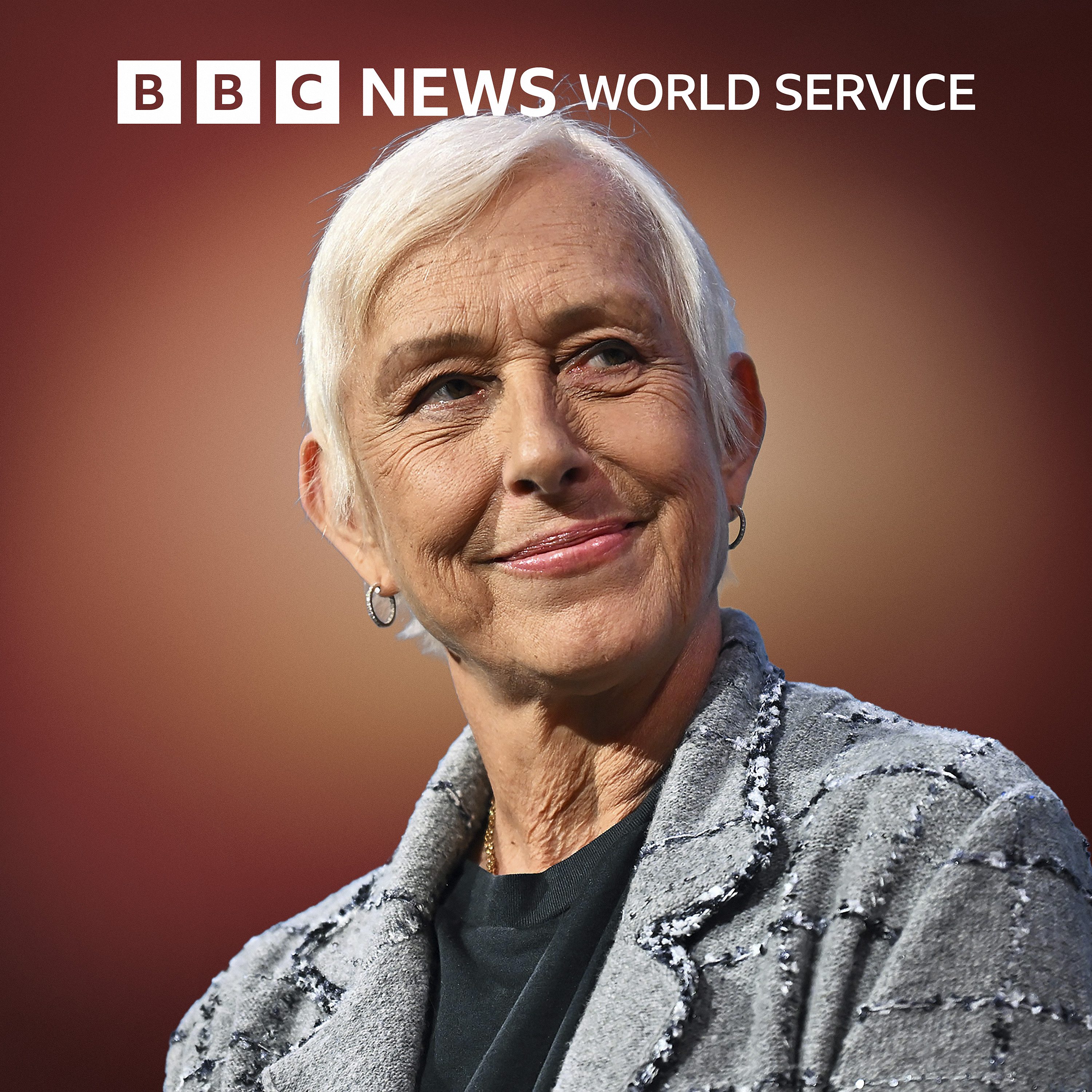
Amol Rajan speaks to Martina Navratilova, one of the greatest-ever tennis players, about her life and career. The story of her rise to the top of the game is as remarkable as the number of tournaments she managed to win.
Born behind the Iron Curtain in Czechoslovakia in 1956, she was 11-years-old when she watched Soviet tanks roll in to the country as Moscow sought to reassert control and quash political reform.
Navratilova, who played in her first tennis tournament when she was eight, rose to both national and international prominence in the years that followed.<...
Muhammad Yunus: We dream of creating a new Bangladesh
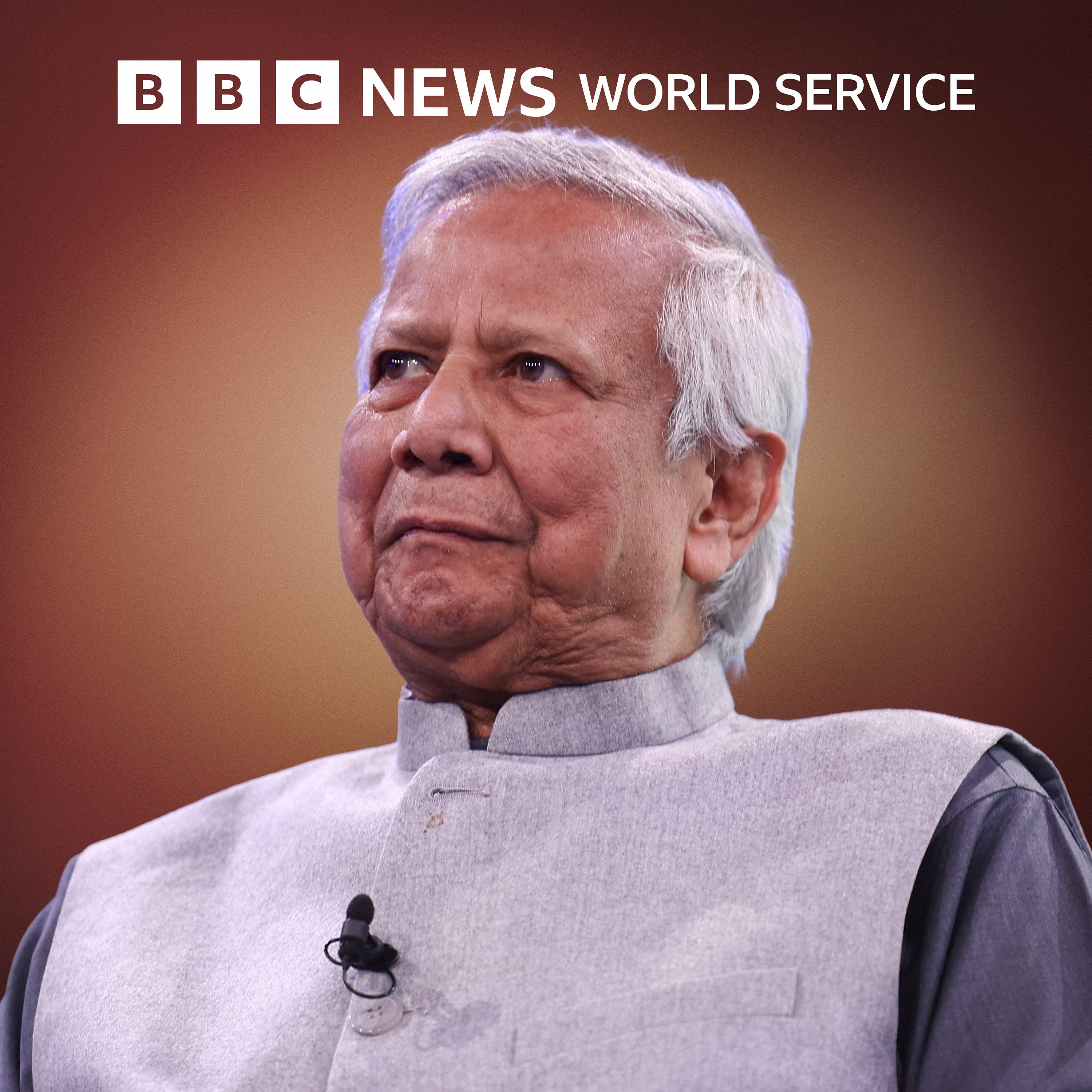
Rajini Vaidyanathan, BBC News presenter and correspondent, speaks to Muhammad Yunus, interim leader of Bangladesh.
The 84-year-old is perhaps one of the world’s best-known Bangladeshis. Described as the banker to the world’s poor, he gained international recognition as a Nobel prize-winning economist, who founded the Grameen microfinance bank, which delivered small loans to economically deprived people.
It was a model applauded by many and is one which now operates across more than 100 countries worldwide.
But it’s also a model which was criticised by his political rival - Bangladesh’s former Prime Mi...
Yoshua Bengio: AI’s risks must be acknowledged
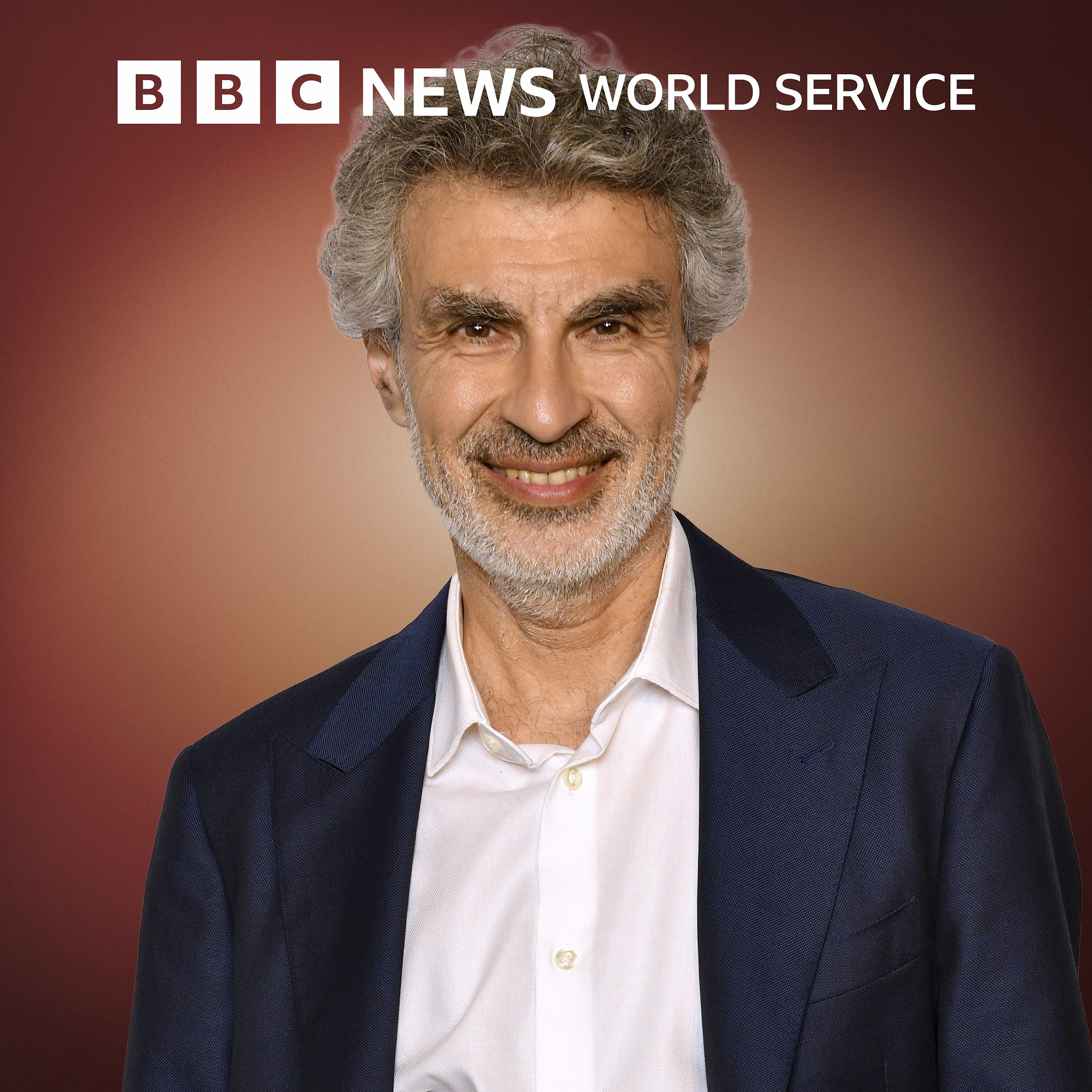
James Copnall, presenter of the BBC’s Newsday, speaks to Yoshua Bengio, the world-renowned computer scientist often described as one of the godfathers of artificial intelligence, or AI.
Bengio is a professor at the University of Montreal in Canada, founder of the Quebec Artificial Intelligence Institute - and recipient of an A.M. Turing Award, “the Nobel Prize of Computing”.
AI allows computers to operate in a way that can seem human, by using programmes that learn vast amounts of data and follow complex instructions. Big tech firms and governments have invested billions of dollars in the...
Mike Huckabee, US Ambassador to Israel: ‘Hamas isn't interested in ending the war’
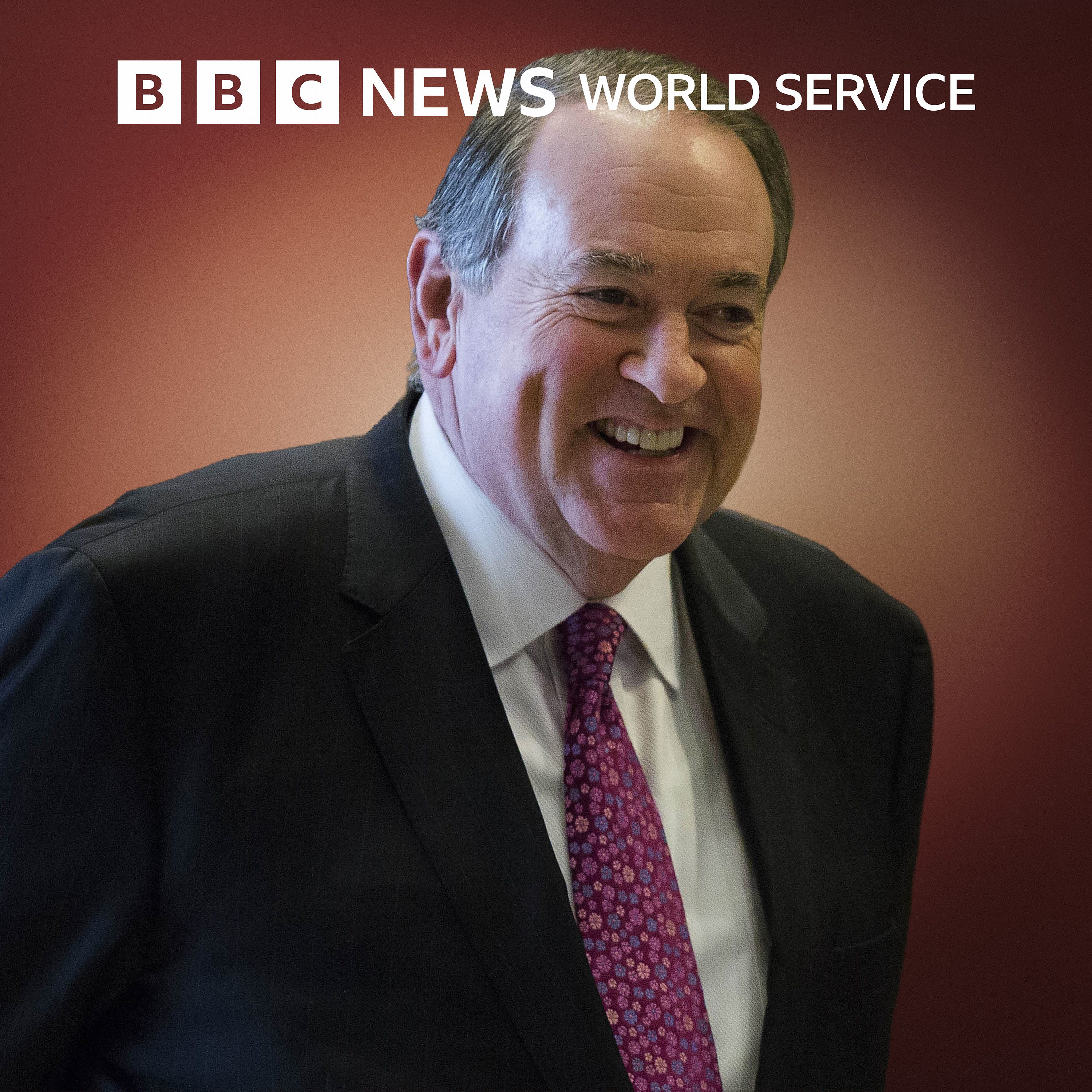
James Coomarasamy, presenter of the BBC’s Newshour and The World Tonight, speaks to Mike Huckabee, US Ambassador to Israel. Confirmed in the post two months ago, Mr Huckabee is the former Republican Governor of Arkansas and two-time Republican presidential nominee.
He’s an Evangelical Christian, who has backed the presence of Jewish settlements in the Palestinian territories, which are considered illegal under international law - although Israel rejects this.
Some opposition politicians in the US have been critical of his appointment and previous statements he’s made about the ongoing war in Gaza.
One...
Bill Gates: the importance of aid and philanthropy
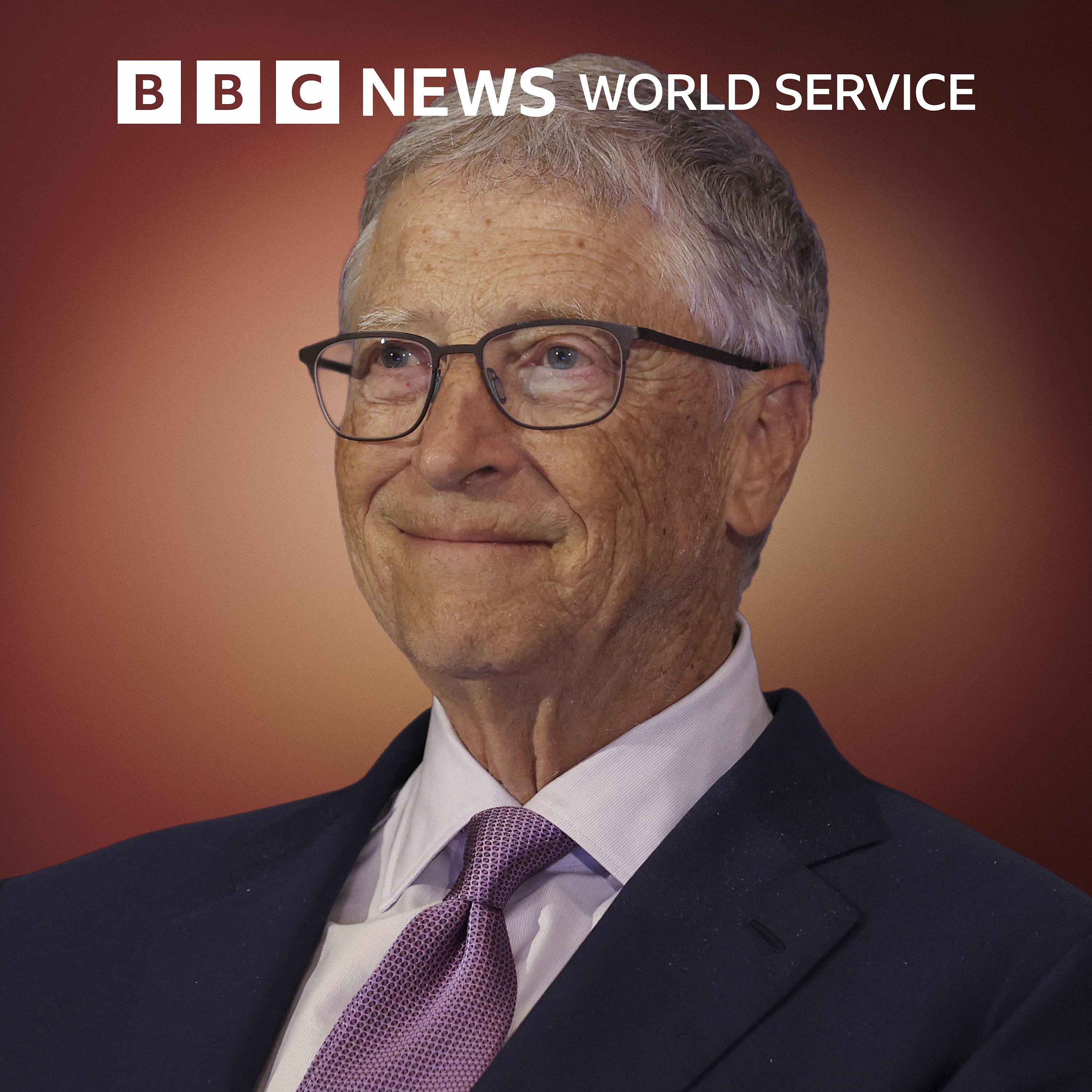
Waihiga Mwaura, presenter of the BBC’s Focus on Africa programme, speaks to Microsoft co-founder and global philanthropist, Bill Gates.
Mr. Gates, who is 69 years old, announced last month that he plans to give away 99% of his vast fortune over the next 20 years, predominately through his Gates Foundation. The foundation has already given over 100 billion dollars since being established 25 years ago.
He built his vast personal wealth through the software giant Microsoft, which he co-founded back in 1975. Mr. Gates has gradually stepped back from the company in recent decades, first resigning as its chief executive in...
Carsten Breuer, the German chief of defence: Nato faces "very serious threat" from Russia
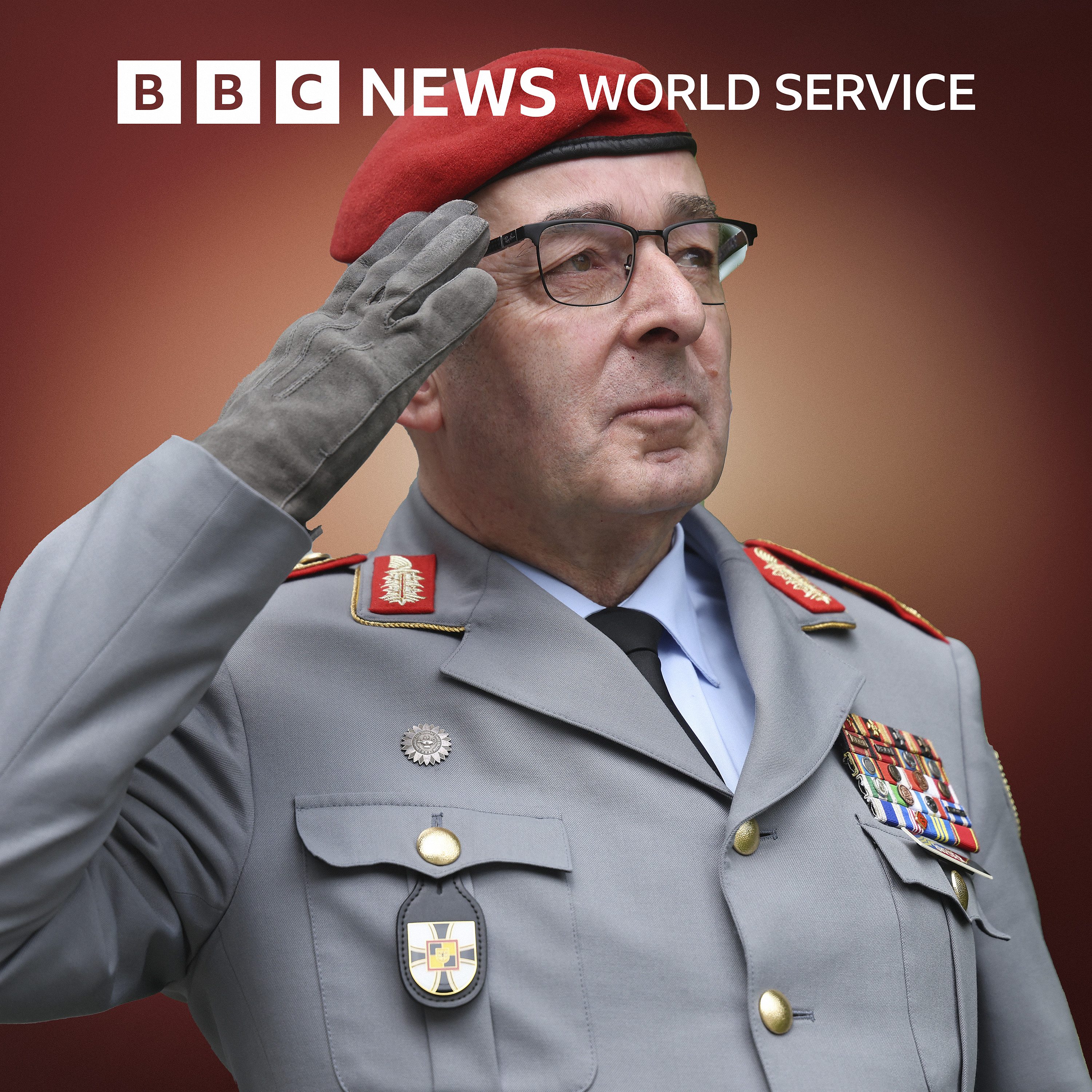
Frank Gardner, BBC Security Correspondent, speaks to Carsten Breuer, the German chief of defence.
General Carsten Breuer gives his assessment of the threat that Russia poses to the Western alliance Nato. He says that Russia is building up its forces to an "enormous extent" and says that members of the alliance need to prepare for a possible attack from Russia within the next four years, according to assessments from defence analysts. He cites recent attacks on undersea cables in the Baltic Sea, and unidentified drones spotted over German power stations and other infrastructure, as possible evidence that...
Tom Fletcher, UN humanitarian chief - is the world doing enough to get aid into Gaza?
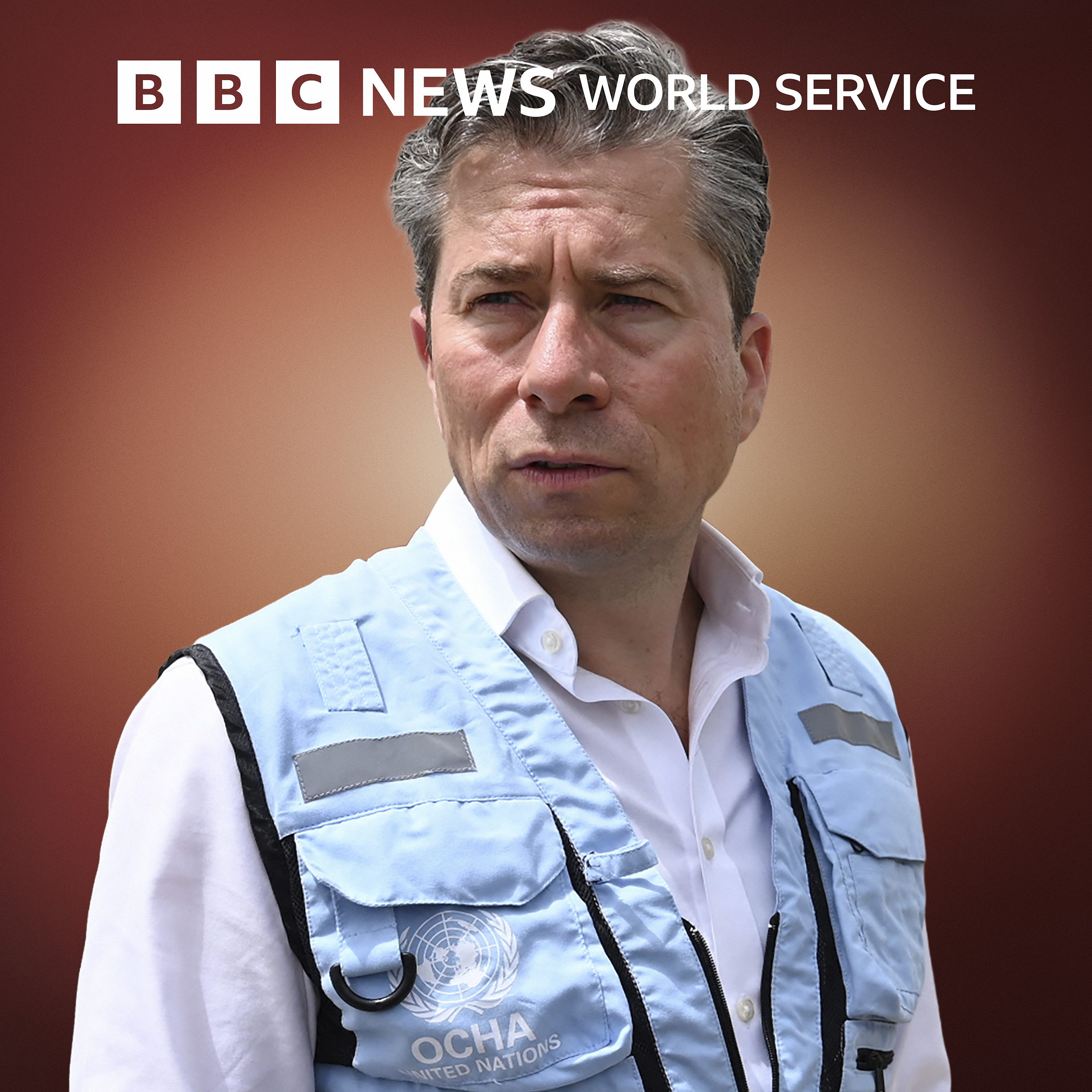
Tom Fletcher, Chief of Humanitarian Affairs for the United Nations, tells Fergal Keane, the BBC’s special correspondent, that Israel is subjecting Gaza to enforced starvation. Gaza faced an aid blockade of nearly three months - now, limited supplies of food, medicine and fuel are being allowed into the territory. But Israel argues Hamas is stealing food aid.
Mr Fletcher has drawn criticism himself for some of the claims he has made about the impact of the blockade, which were retracted by the UN. Now, he says he regrets his choice of words. Israel’s military campaign bega...
Matt Garman, CEO of Amazon Web Services - what is the future of big tech?
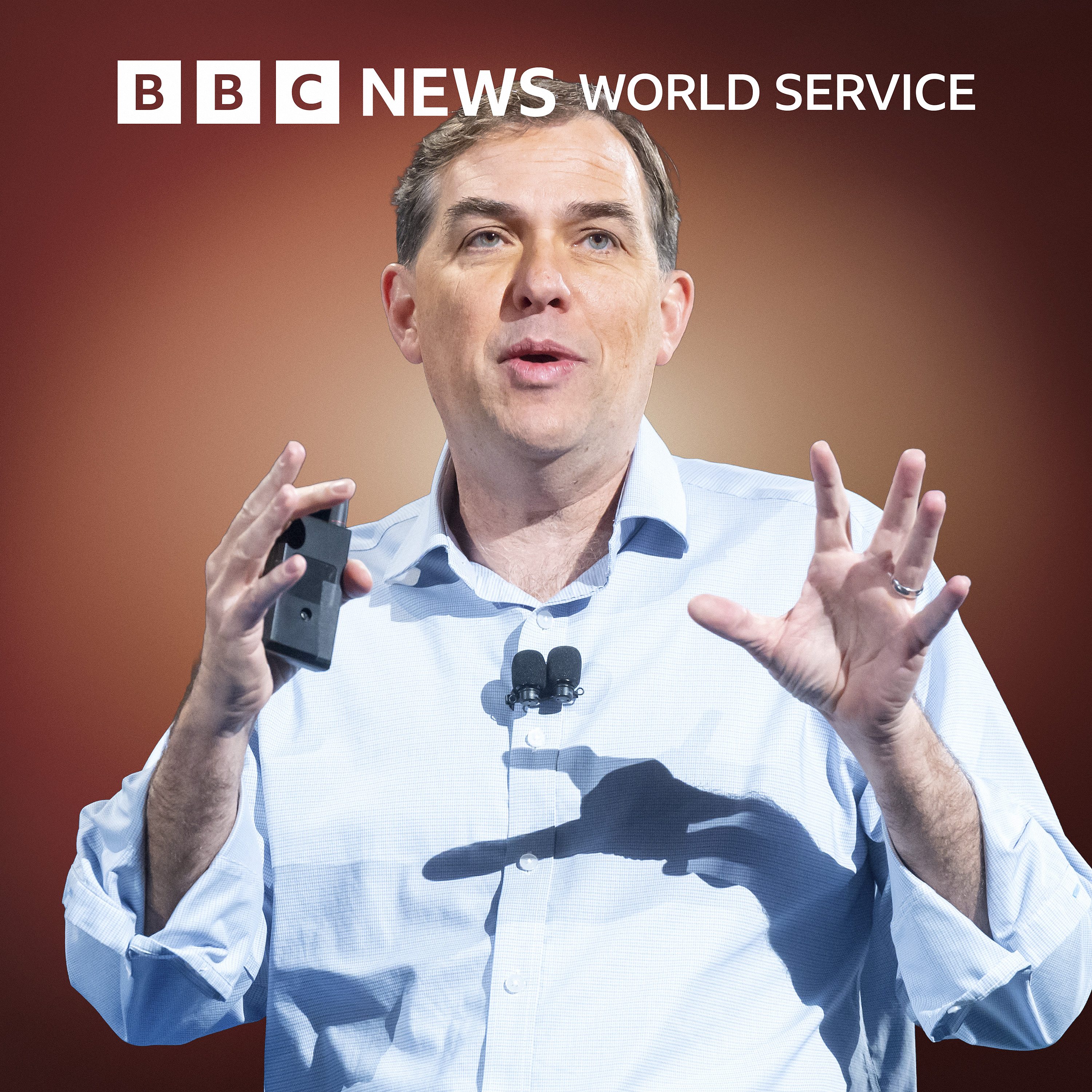
Simon Jack, the BBC’s business editor, speaks to Matt Garman, chief executive of Amazon Web Services - part of the retail giant Amazon, and the world’s largest cloud computing company.
Mr Garman started his career at AWS as an intern, and has risen to oversee a global network of huge data centres, providing IT resources for businesses worldwide. In this conversation, he shares his vision for the future of big tech through cloud computing and artificial intelligence, and the potential for economic growth and opportunity he believes they hold.
He also sets out his...
Surviving Syria’s sectarian violence

Tim Franks speaks to a British-Syrian Alawite who came under attack, along with her family, during the sectarian violence on Syria’s coast in March.
The Alawite sect is an offshoot of Shia Islam and its followers make up around 10 per cent of Syria's population, which is majority Sunni.
The recent violence came after fighters loyal to the country's overthrown former president, Bashar al-Assad, who is an Alawite himself, led deadly raids on the new government’s security forces.
Those attacks resurrected deep-seated anger over Assad’s repressive dictatorship, with Alawite civilians seen by som...
Dovilė Šakalienė, Defence Minister of Lithuania: Uncertain times for Europe

BBC Defence Correspondent Jonathan Beale speaks to Dovilė Šakalienė, Lithuania’s Defence Minister.
The Baltic nation, along with its neighbours Latvia and Estonia, share a border with Russia, and have nervously watched the invasion of Ukraine, fearing they could be next.
All three countries have had turbulent relationships with their much larger neighbour, Russia. They were annexed by the Soviet Union during the Second World War, and were subject to decades of rule from Moscow up until the end of the Cold War.
In 2004, Lithuania joined both the European Union and Nato, and just...
Doris Salcedo, Colombian artist - giving voice to victims of violence
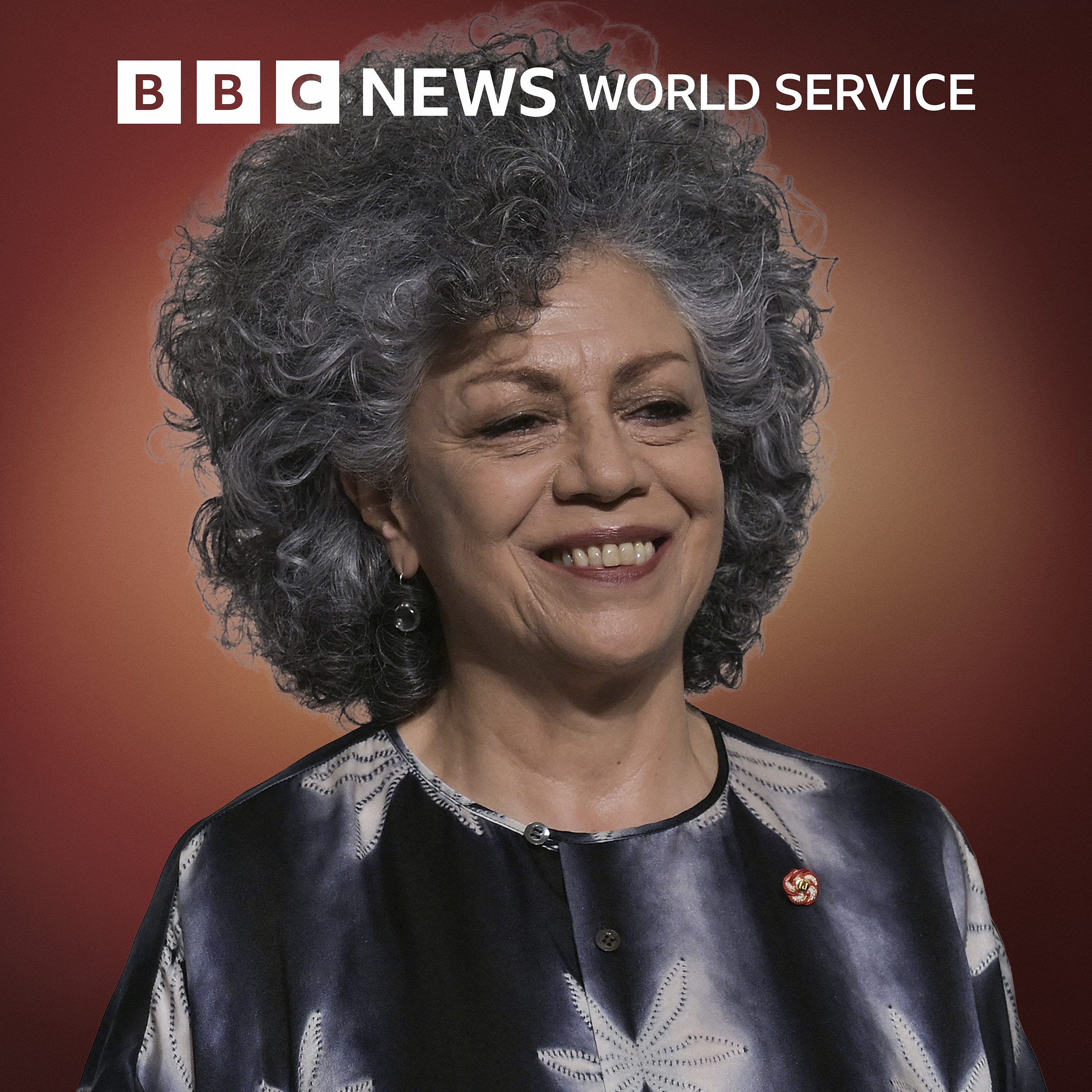
In an interview from the BBC’s This Cultural Life, presenter John Wilson speaks to the Colombian artist Doris Salcedo. Her work is a response to the devastation of war, and tells the stories of its victims - tales of loss, trauma and survival. She is recognised as one of the most important living artists, and her powerful sculptures and installations have been shown across the world.
A childhood growing up amid the political violence of Colombia led to career dedicated to giving voice to the victims of conflict, visiting concentration camps, mass graves and abandoned villages. Sh...
Radosław Sikorski, Foreign Minister of Poland: dealing with the growing threat from Russia
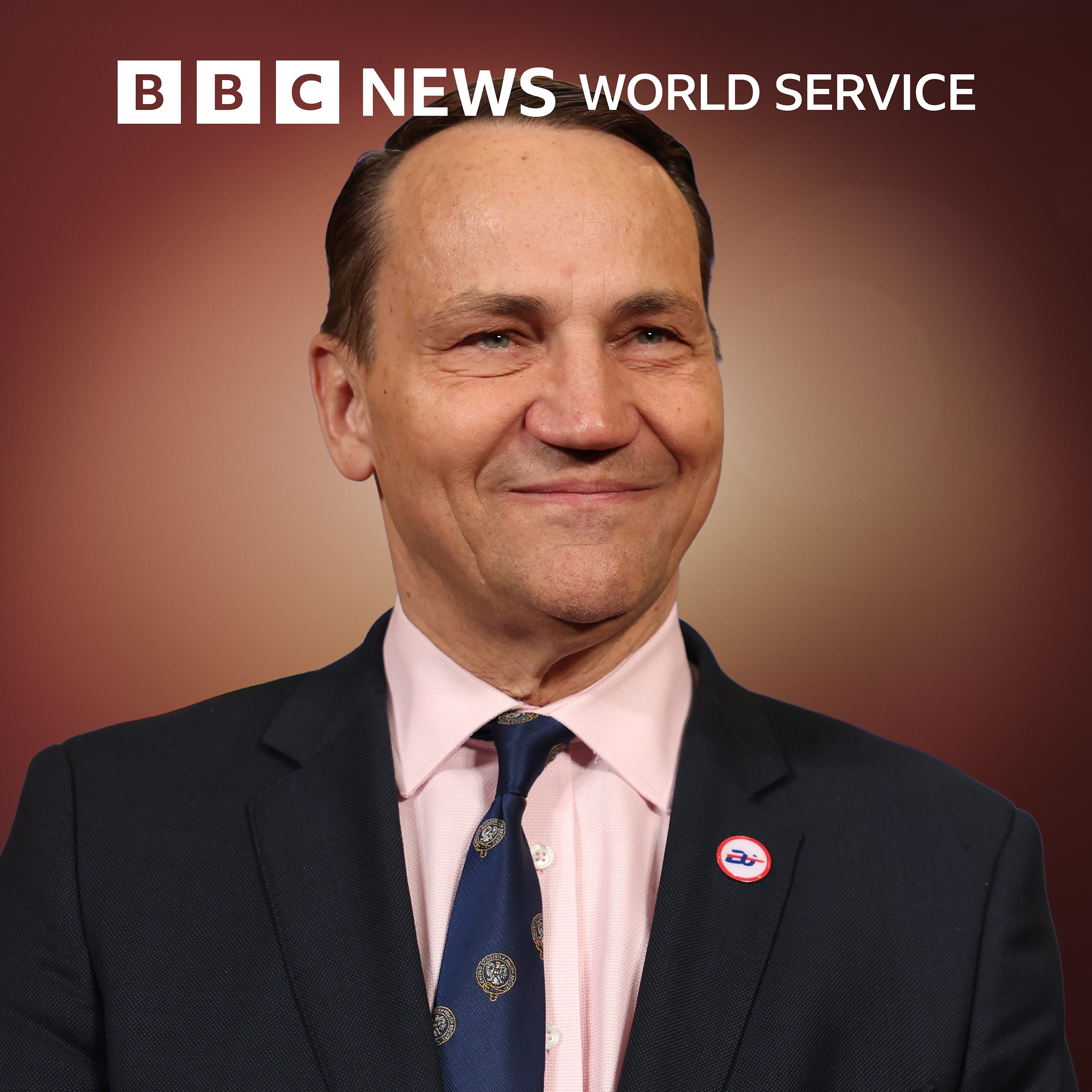
Kasia Madera speaks to Radosław Sikorski, the Foreign Minister of Poland.
As a key, long-term ally to Ukraine, Poland has played a pivotal role in supporting its neighbour following the full-scale invasion by Russia in 2022.
Mr Sikorski talks about the growing threat Poland, as well as Europe, faces from Russia, and follows his country’s decision to close the Russian consulate in Krakow.
The move was made in response to a shopping centre fire in Warsaw last year, that Poland blames on Moscow. The Kremlin has dismissed the accusation as completely without fou...
Sir John Major, former UK Prime Minister - are the lessons of WW2 being forgotten?
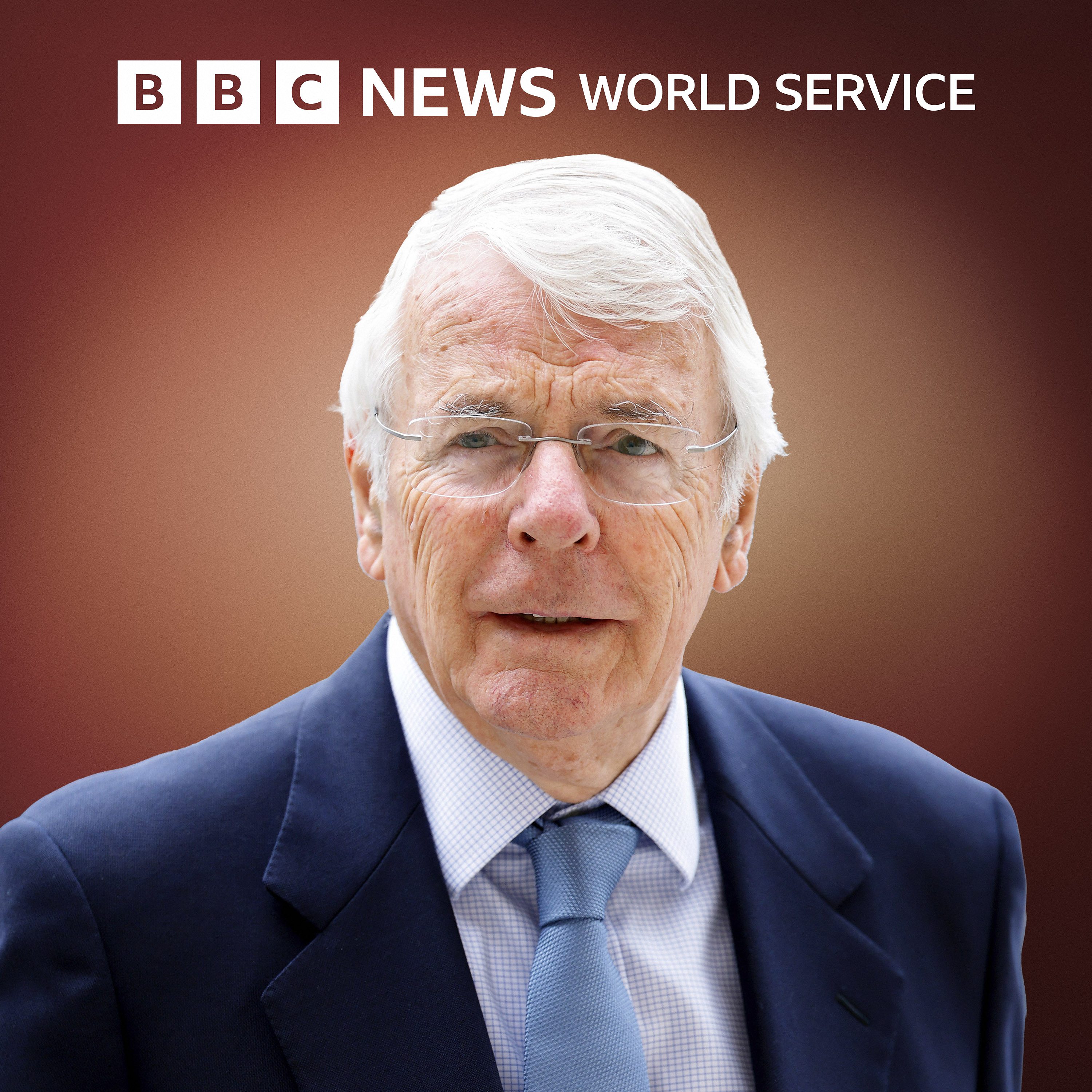
Nick Robinson speaks to Sir John Major, former Prime Minister of the United Kingdom.
It’s 80 years since VE day marked the end of WW2 in Europe - and Sir John reflects on the lessons that should be remembered from the conflict. He is the last British Prime Minister who was alive during the Second World War.
Sir John warns democracy should not be taken for granted, and is in retreat in some parts of the world - where tyranny is instead taking its place. He sets out his belief in fighting for the freedom of...
Joe Biden: Can the world still rely on America?
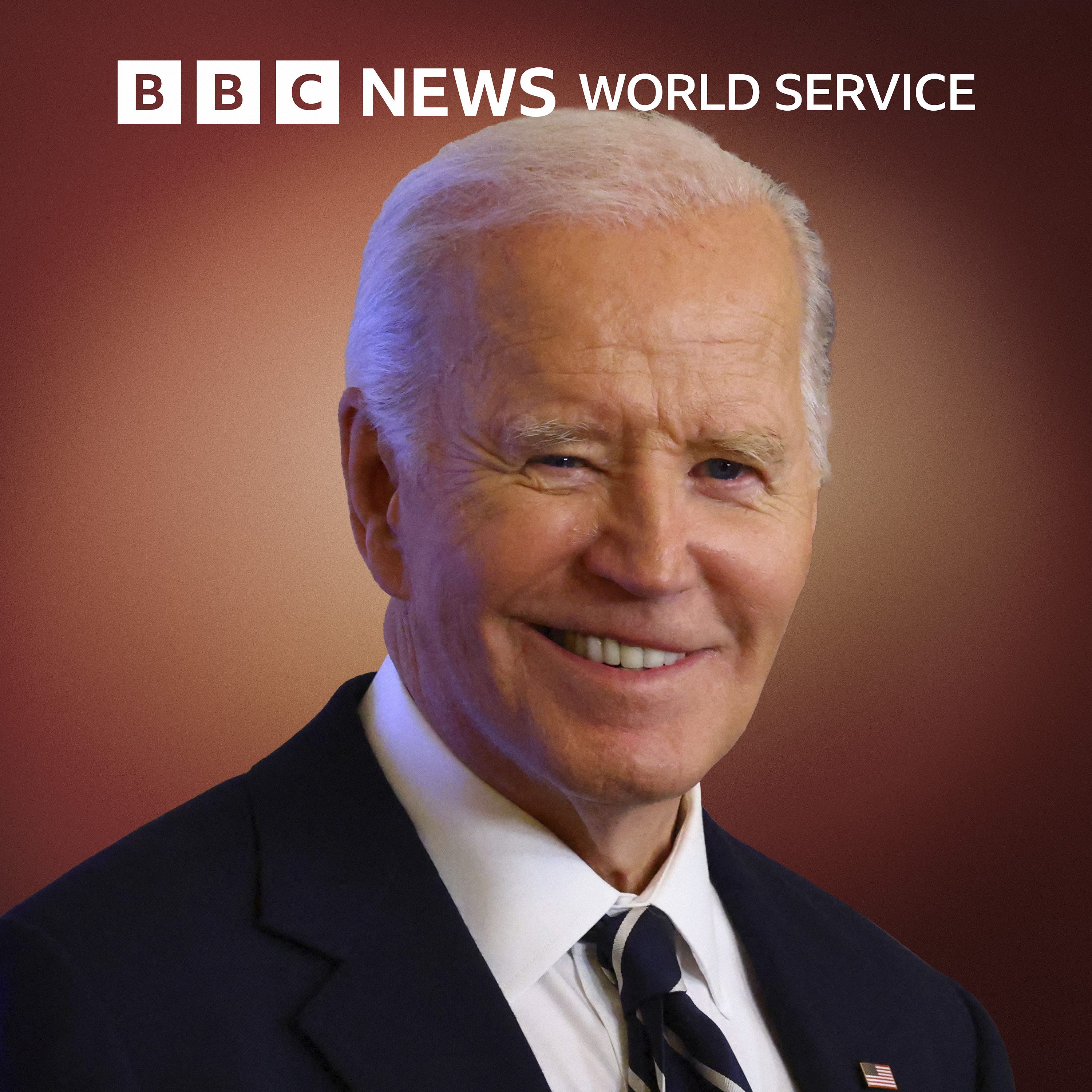
Nick Robinson, presenter of BBC Radio 4’s Today programme and the Political Thinking podcast, speaks to former US President, Joe Biden.
The pair met in Biden’s home state of Delaware, in a hotel where he had launched his political career more than half a century ago.
In his first interview since leaving the White House, Biden talks about democracy under threat, Ukraine and the future of NATO, and America’s place in the world - all at a time when we commemorate the 80th anniversary of VE, or Victory in Europe, Day. Biden himself was ju...
Tidjane Thiam, Ivory Coast opposition leader - can he run for president?
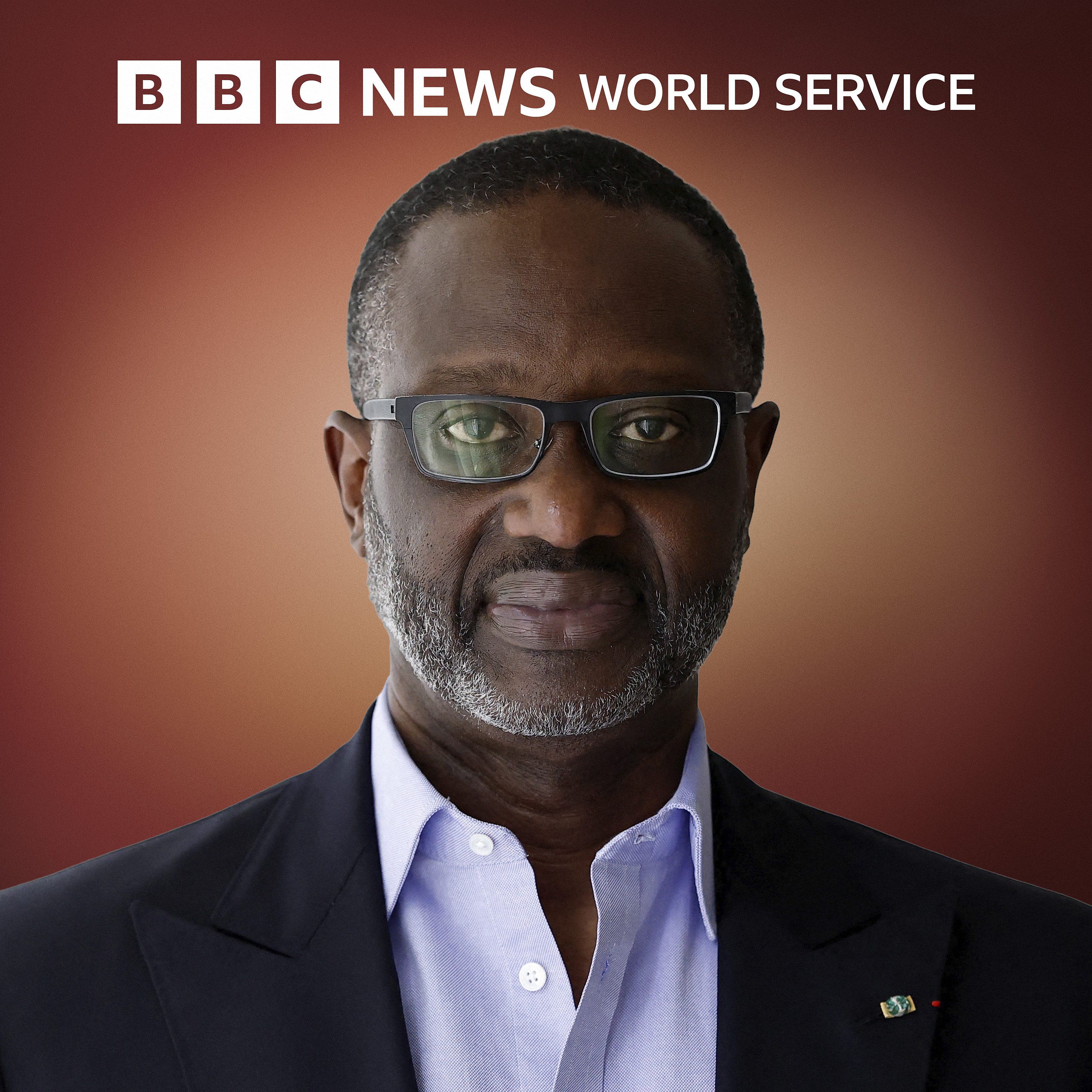
Catherine Byaruhanga, presenter and correspondent for the BBC News Channel, speaks to Tidjane Thiam, the main opposition leader in the Ivory Coast.
Mr Thiam is a former CEO of Credit Suisse, with a lengthy and successful career in the financial sector abroad. Now, he wishes to stand for the Ivory Coast presidency - but his candidacy has been blocked by an Ivorian court. It has ruled he cannot run as he was not an Ivorian citizen when he registered on the electoral roll. Tidjane Thiam says the decision is politically motivated, a claim firmly rejected by the...
Prince Harry: Is his safety at risk?
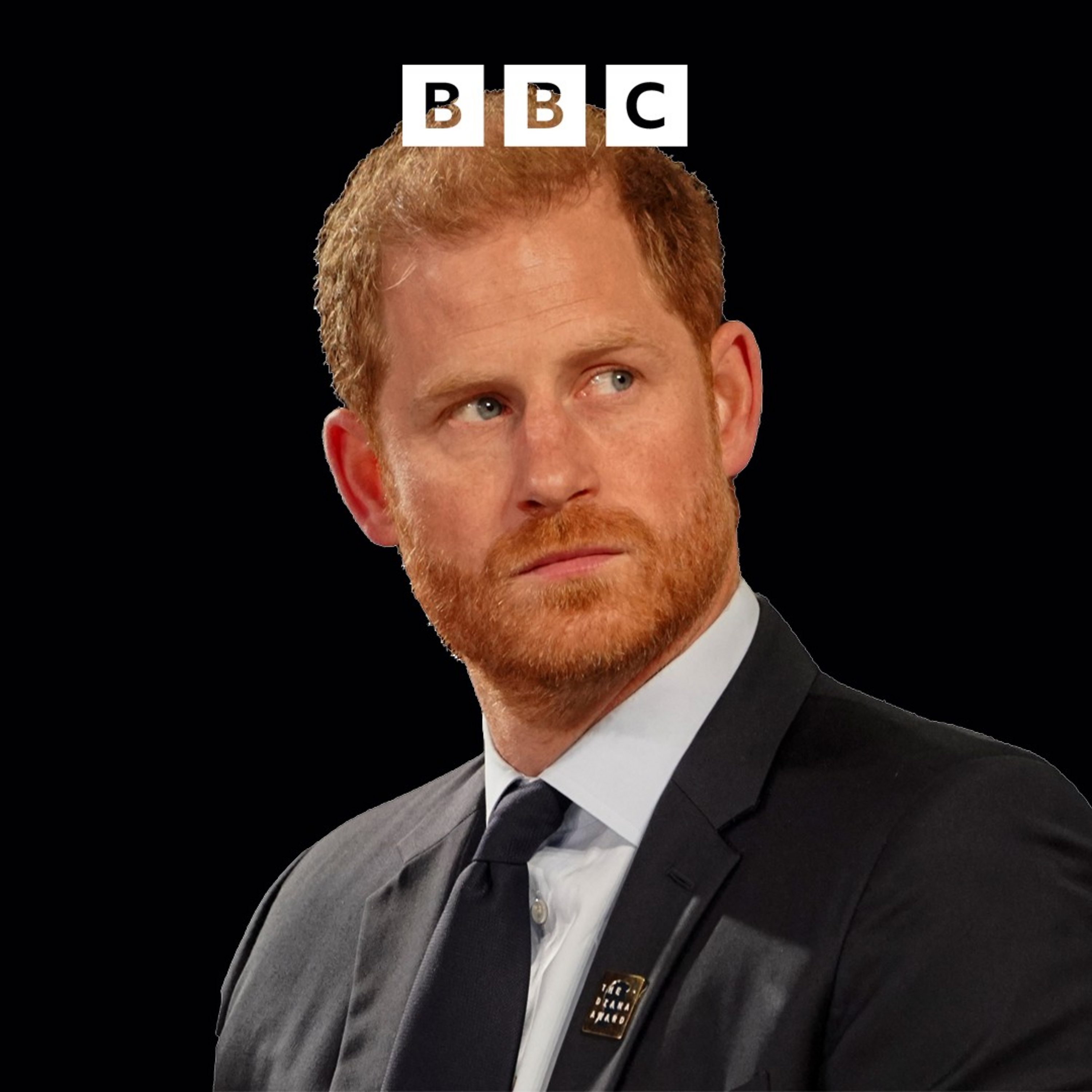
Nada Tawfik, North America correspondent, speaks to Prince Harry about reconciliation with the royal family after his loss in court over his security arrangements in the UK
The Prince stepped down from his duties as a working royal in 2020 and moved to the United States with his wife, Meghan. After his tax-payer funded protection was downgraded, he said it was too dangerous to bring his family back to the UK without adequate police protection and took the government to court.
The Interview brings you conversations with people shaping our world, from all over the world...
Emi Mahmoud, poet: Has the world abandoned Sudan?
James Copnall, presenter of Newsday, speaks to Emi Mahmoud, Sudanese activist and poet, about the war that has claimed more than 150,000 lives since it began two years ago. In what the United Nations has called the world's largest humanitarian crisis, about 12 million people have also been forced to flee their homes.
Emi speaks about the pain of losing many members of her family, the brutality of the current conflict in the western region of Darfur which she believes to be genocide, and the trafficking of women and girls caught up in the fighting.
In the...
Kurt Volker, former US diplomat: Decoding Trump, the second time around
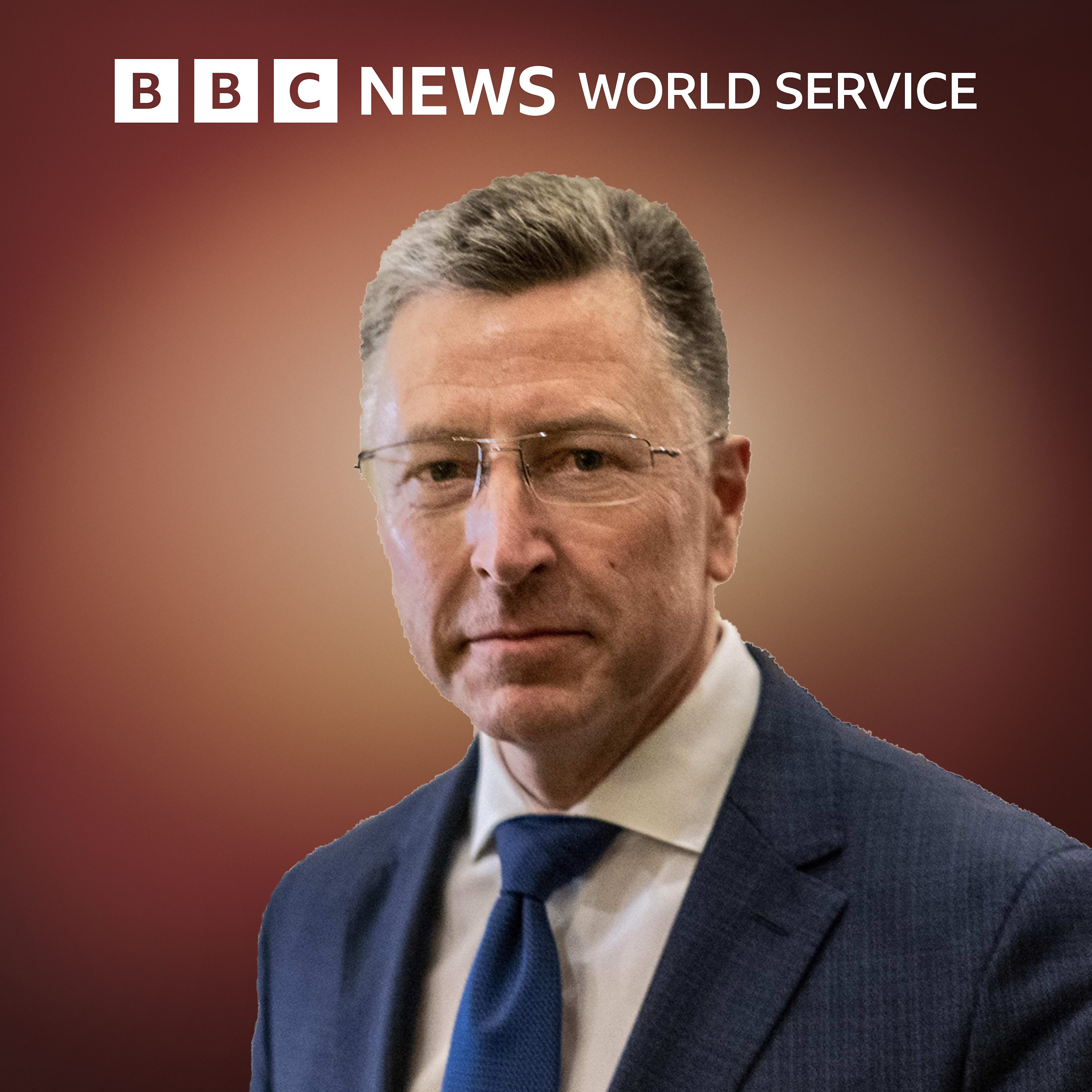
David Brown, producer of the BBC TV’s Trump - The First 100 Days, speaks to Kurt Volker, former US ambassador to NATO, about the whirlwind start to President Trump’s second term in office.
In this conversation, Ambassador Volker, who previously served as Trump’s special envoy to Ukraine, shares his assessment of the president’s programme of change - and the extraordinary pace of reform.
He gives the inside take on Trump - from that explosive White House press conference with Ukraine’s President, Volodomyr Zelensky, to his plans for the Middle East - and sets o...
Sir Jim Ratcliffe, billionaire businessman: Making Manchester United great, again
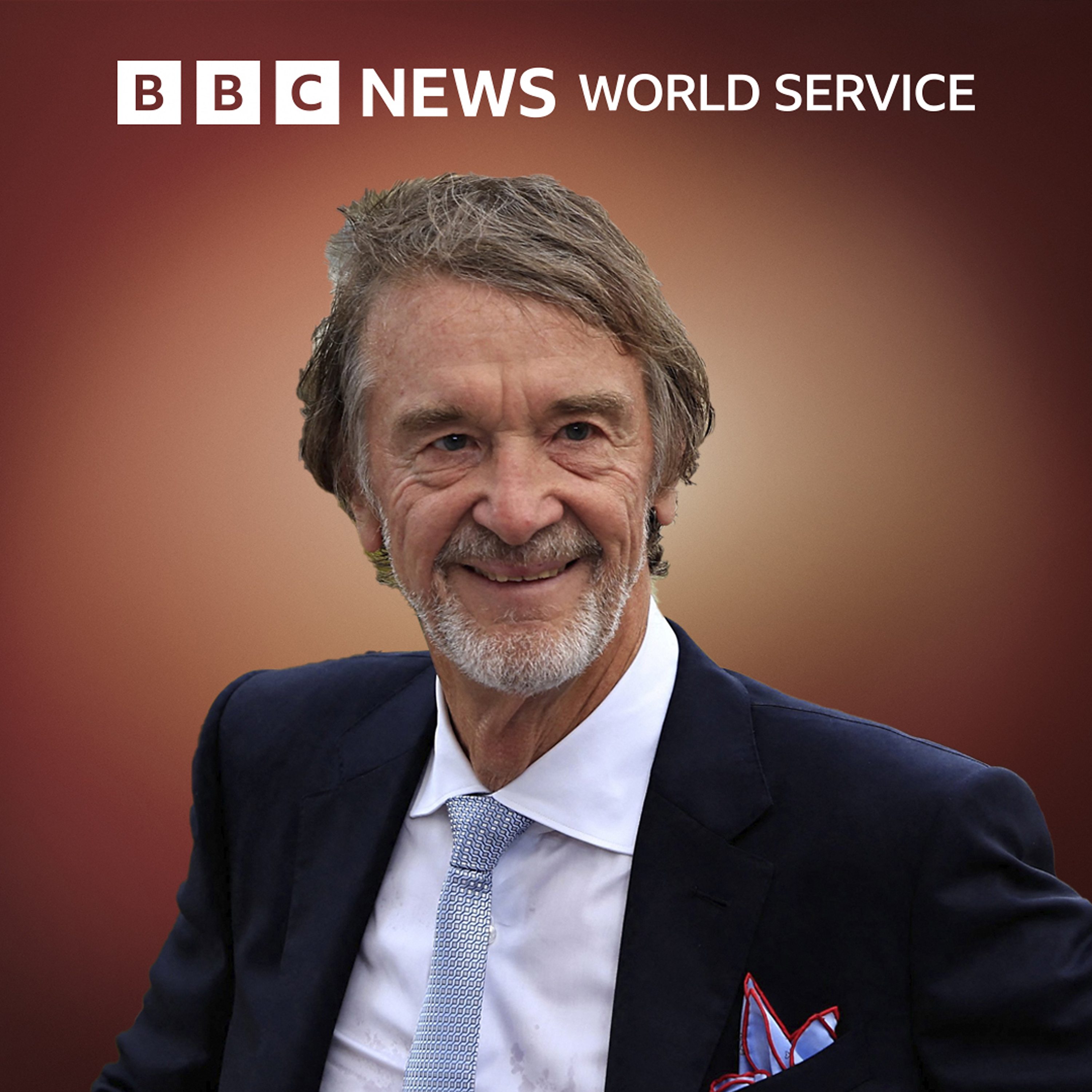
Dan Roan, the BBC’s sports editor, speaks to Sir Jim Ratcliffe, billionaire businessman and co-owner of Manchester United Football Club. In this conversation, Sir Jim discusses the changes he’s implementing both on and off the pitch, as well as his vision to transform the iconic club into one of the world’s most profitable businesses. Born into a modest family, he’s been a lifelong Manchester United supporter. After studying chemical engineering at university he set up his chemicals business, INEOS, in 1998. He is still the Chairman and Chief Executive. INEOS has invested in cycling, Formula One motor ra...
Bobi Wine, the Ugandan opposition politician: From the streets to state?
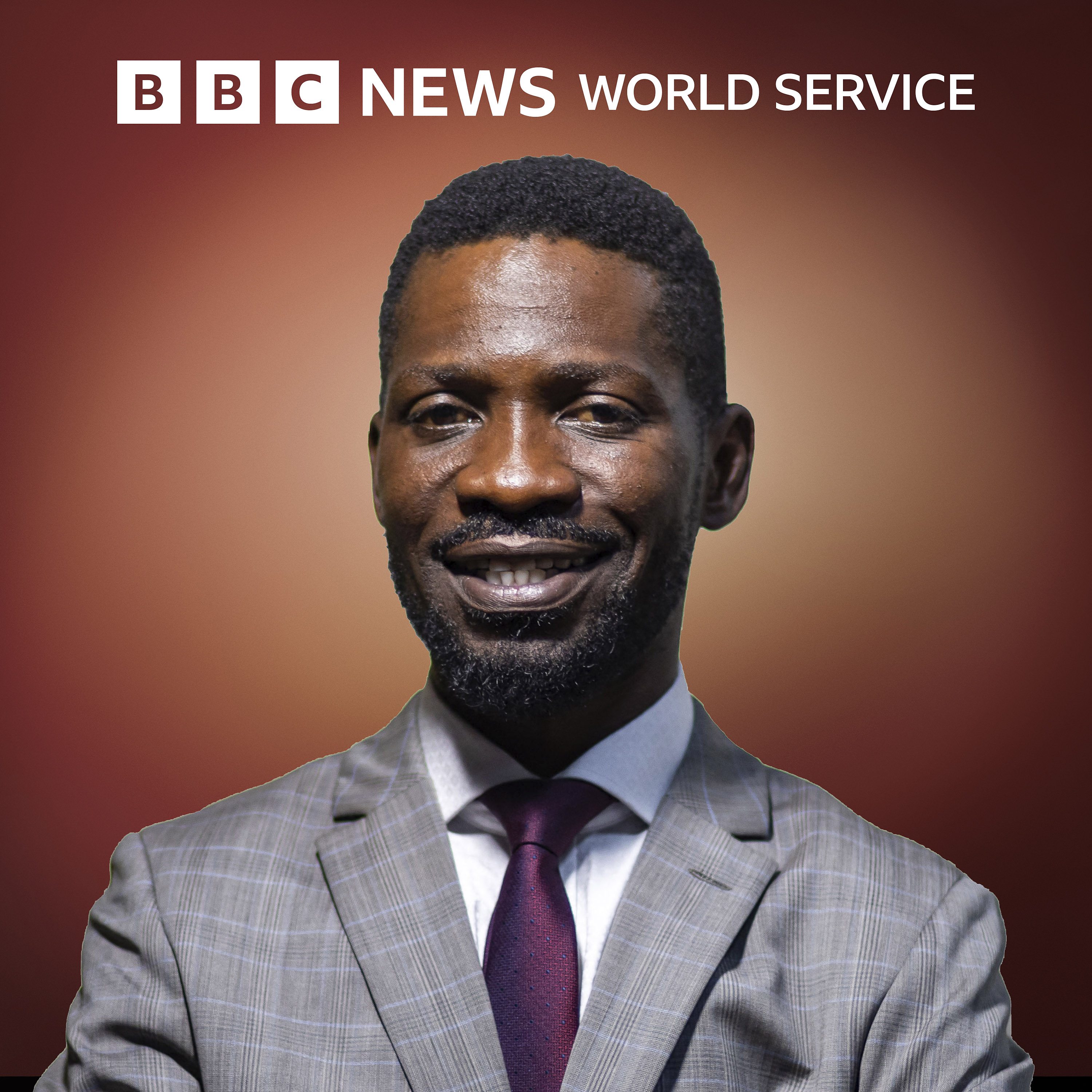
Victoria Uwonkunda, reporter and presenter for BBC News, speaks to Bobi Wine, the Ugandan opposition politician, as he reflects on the personal and political challenges he has faced as well as his determination to run again as President in the next election.
Born in the slums of Kampala, Bobi Wine -birth name Robert Kyagulanyi - first entered the political arena in 2017 when he was elected to parliament with huge popular support, so much so that he became known as the ghetto president.
He went on to run against President Yoweri Museveni in the 2021 election...
